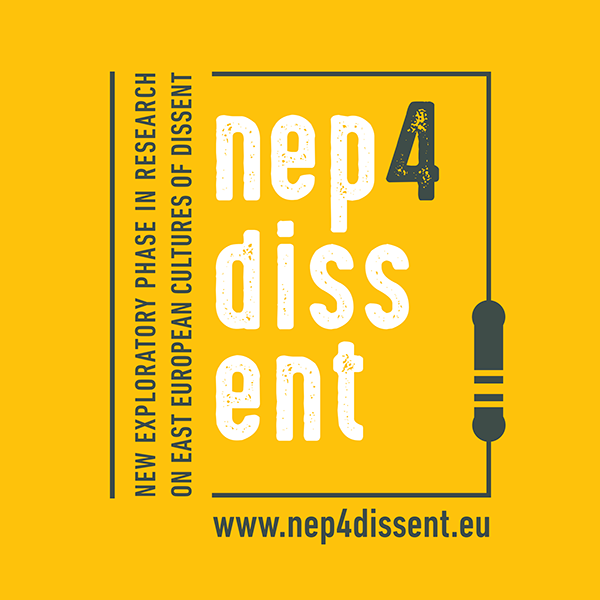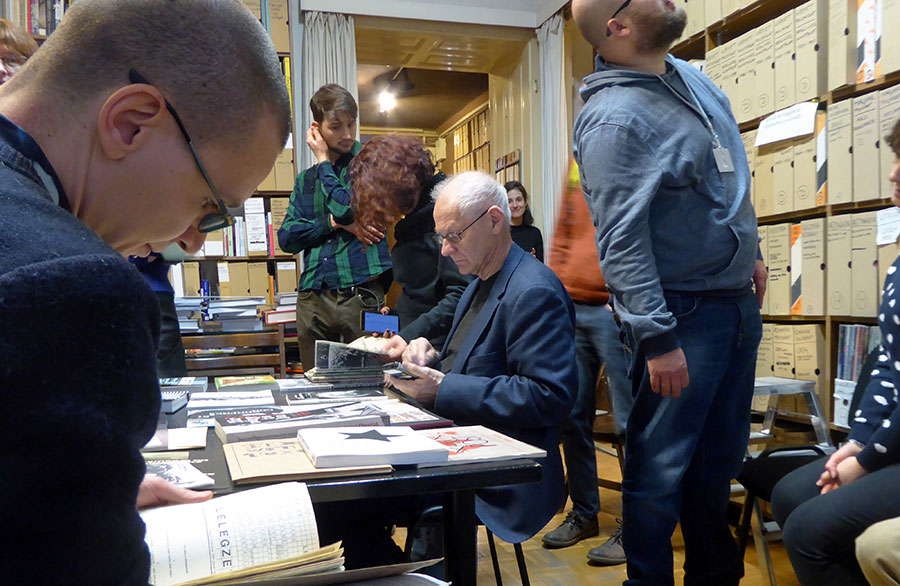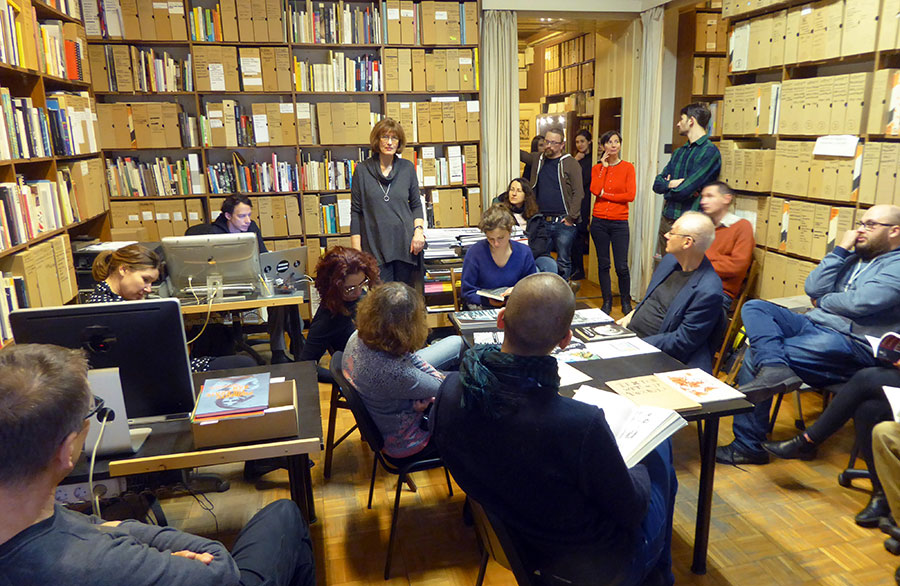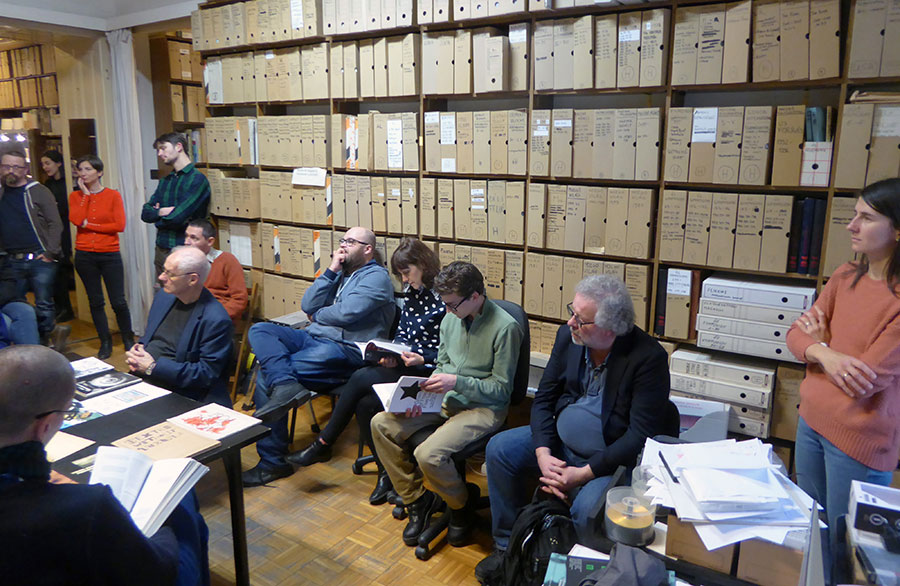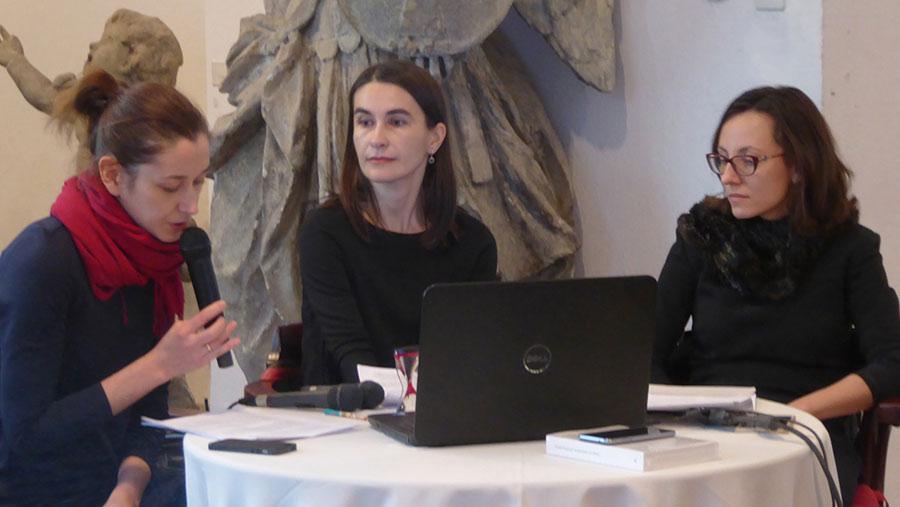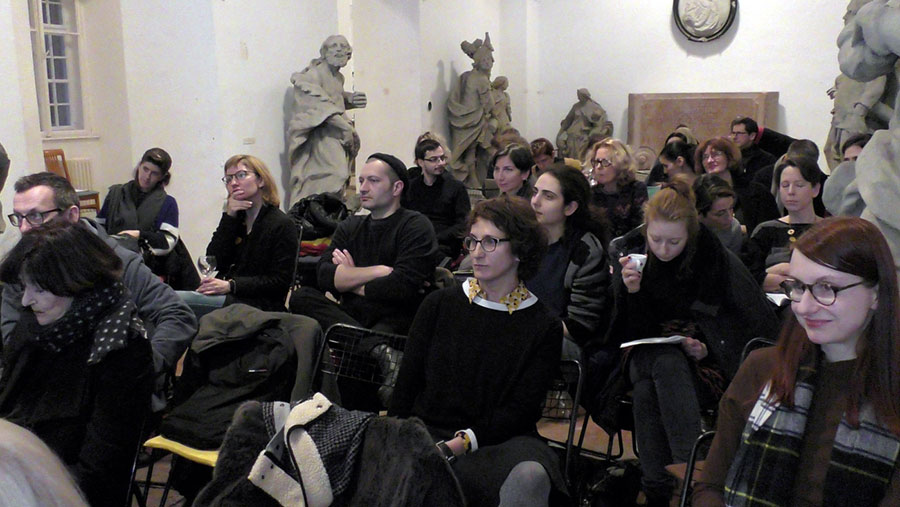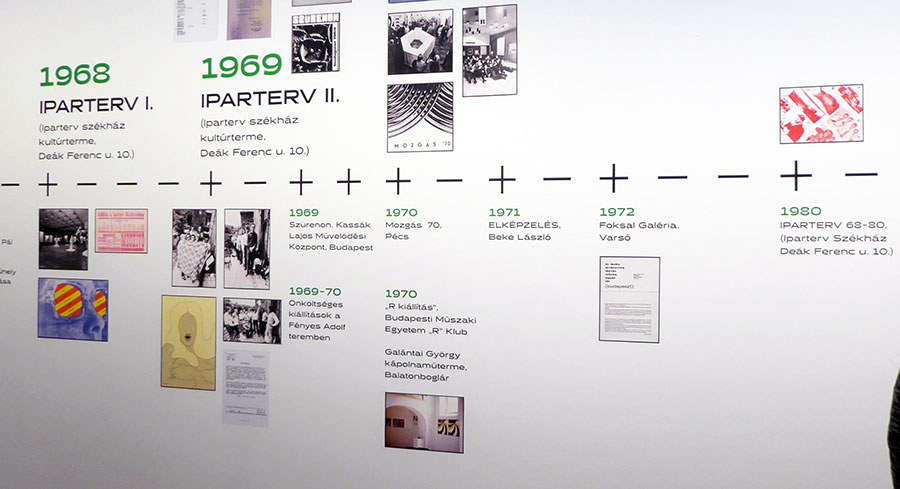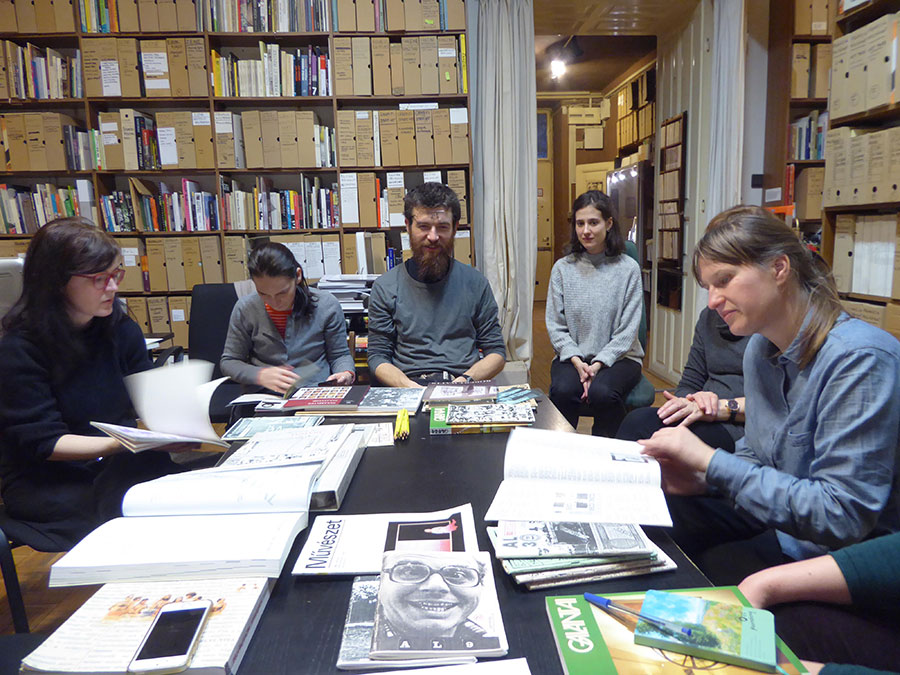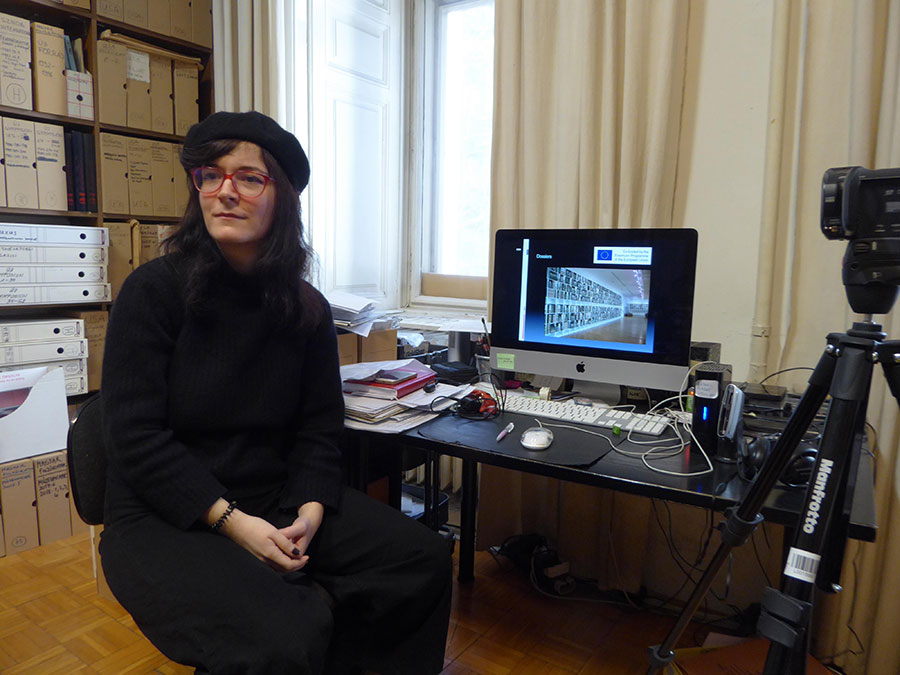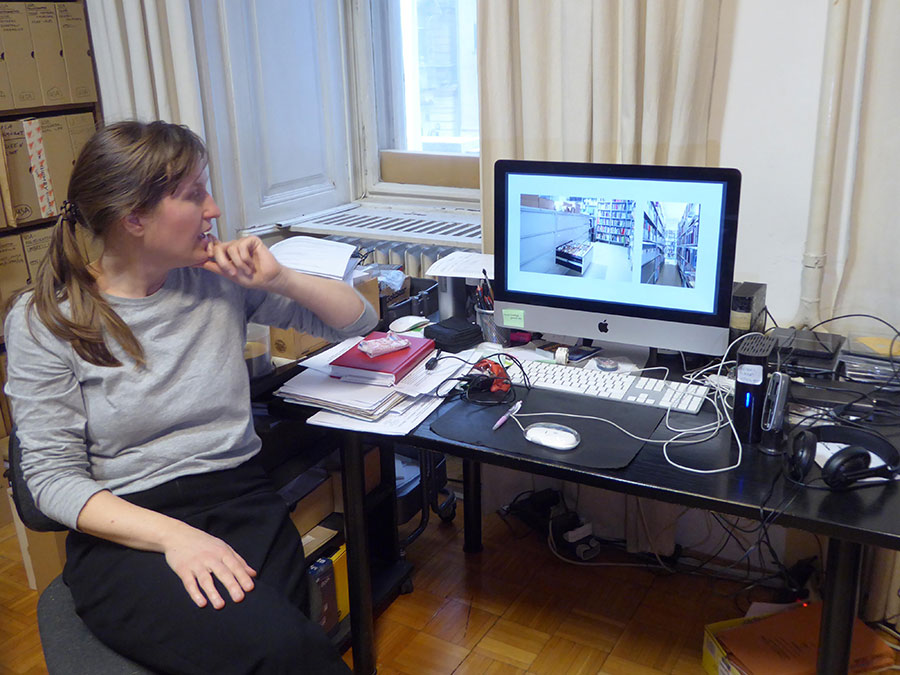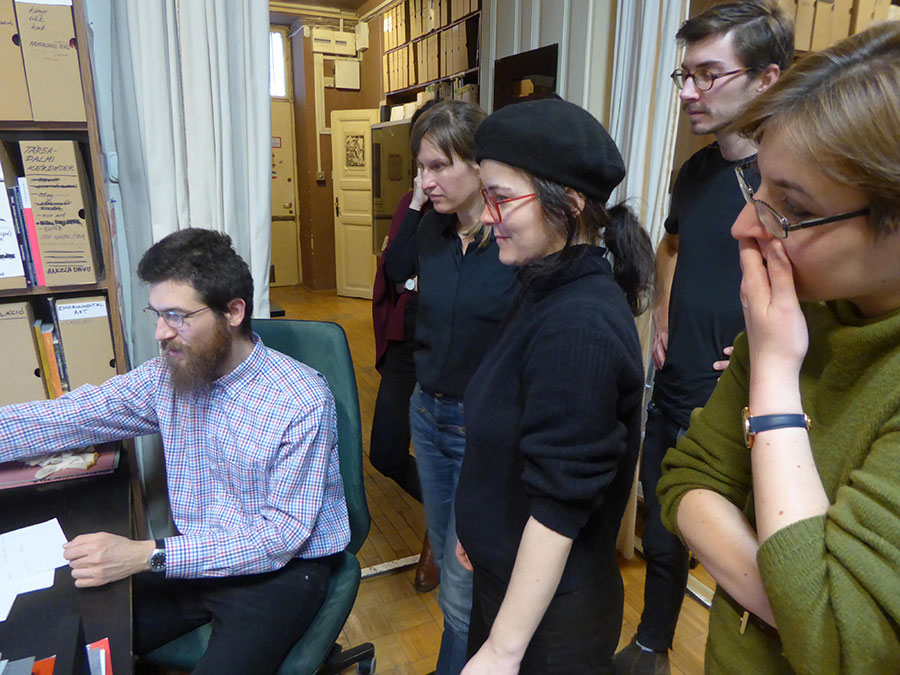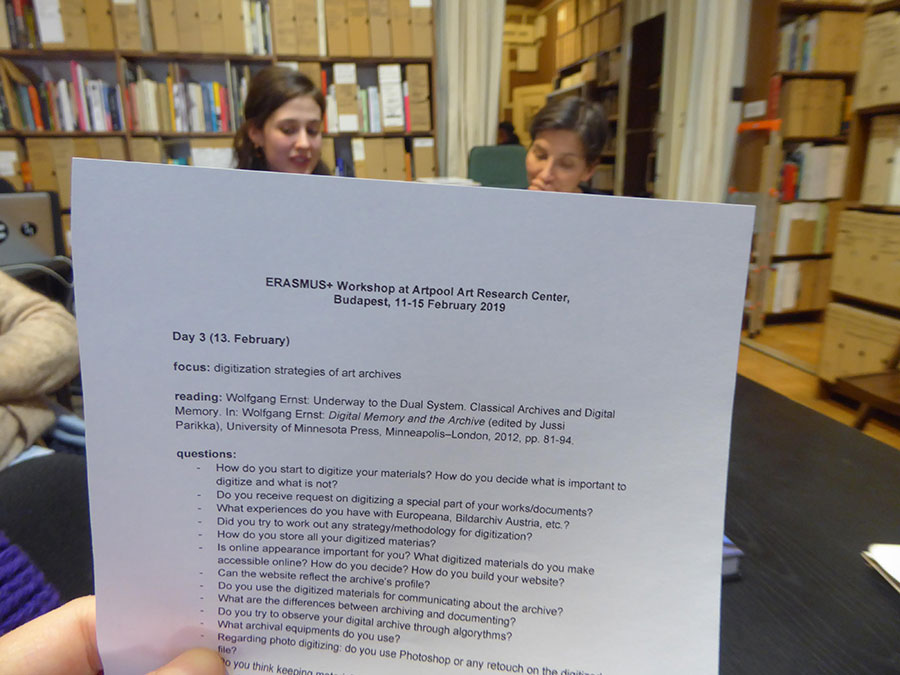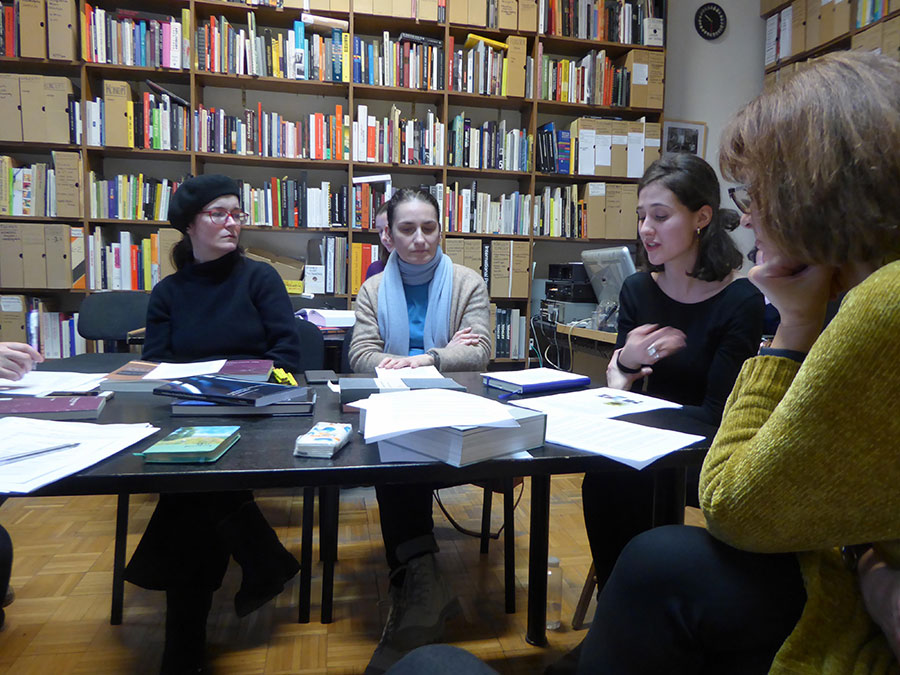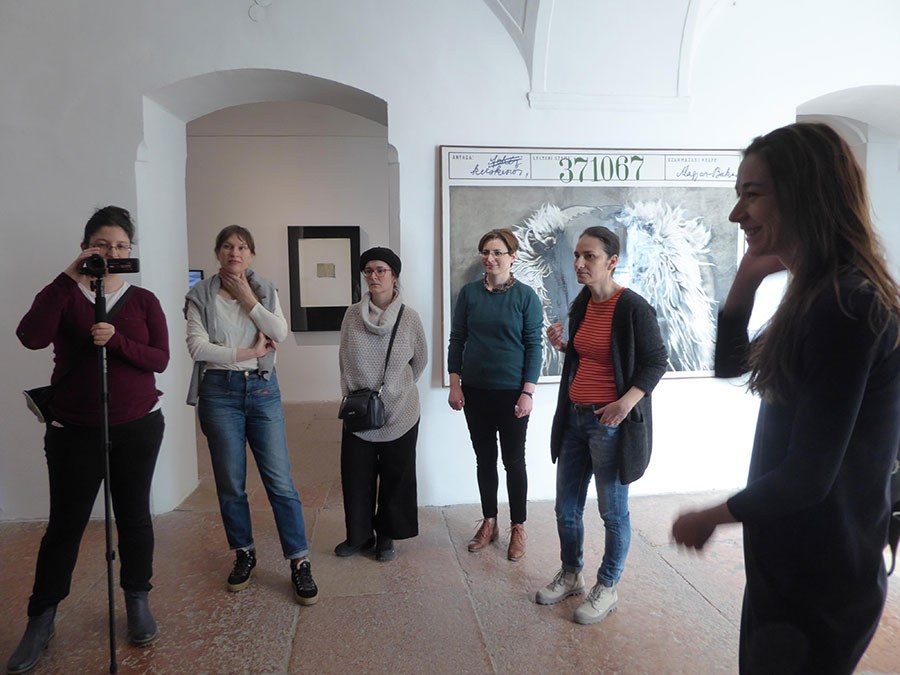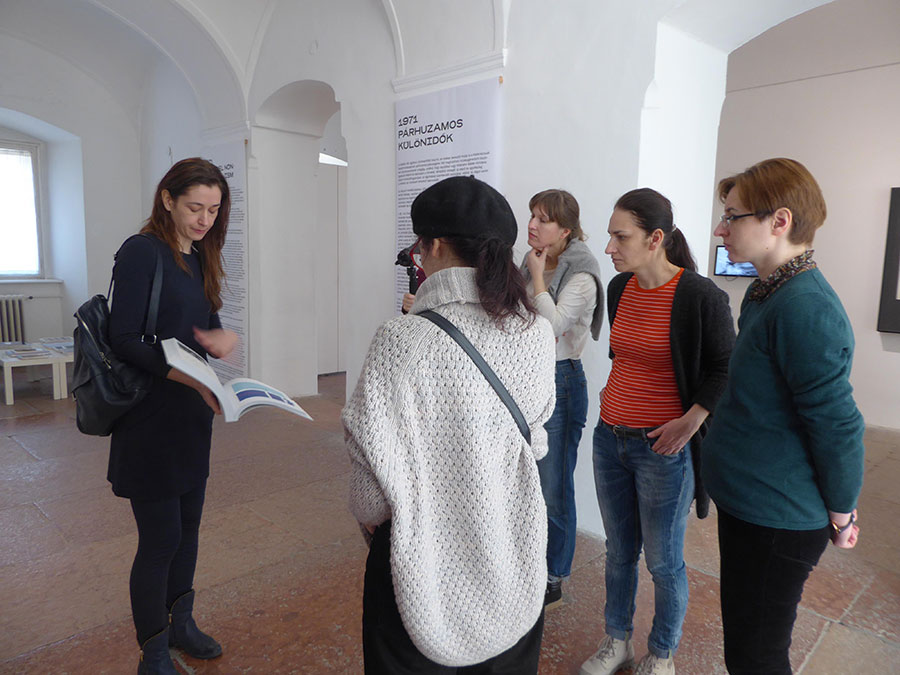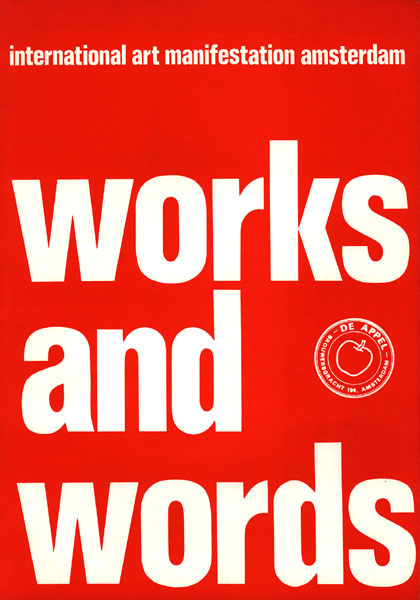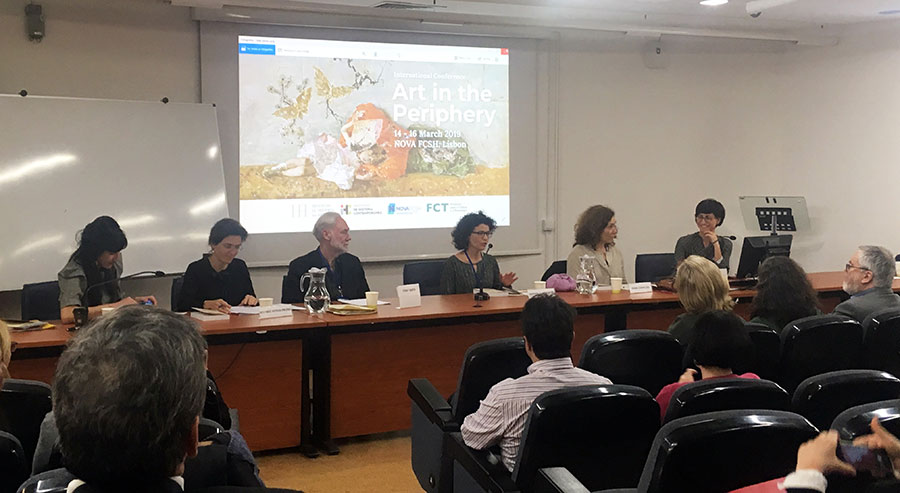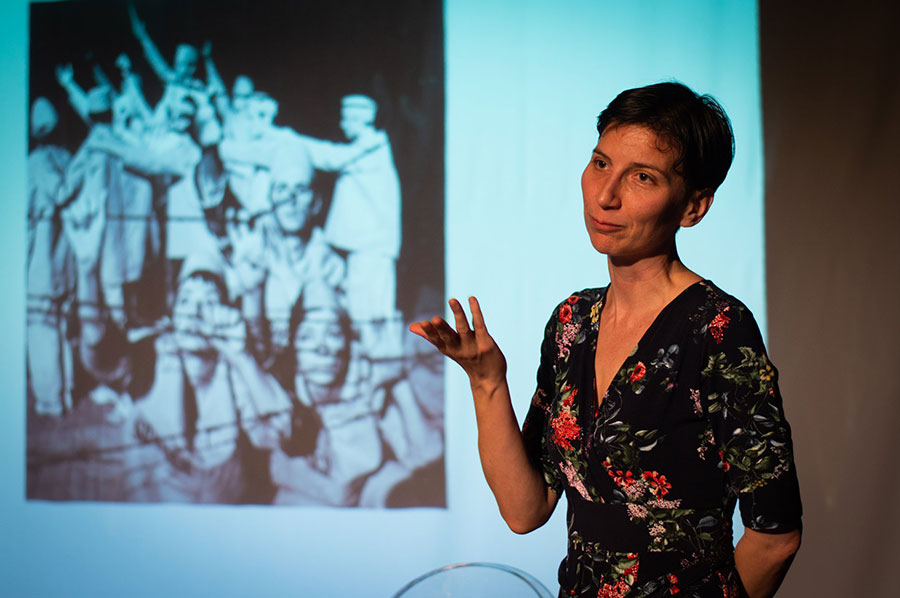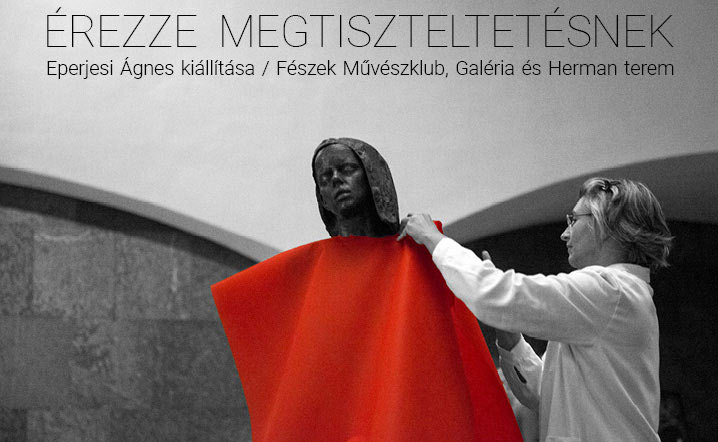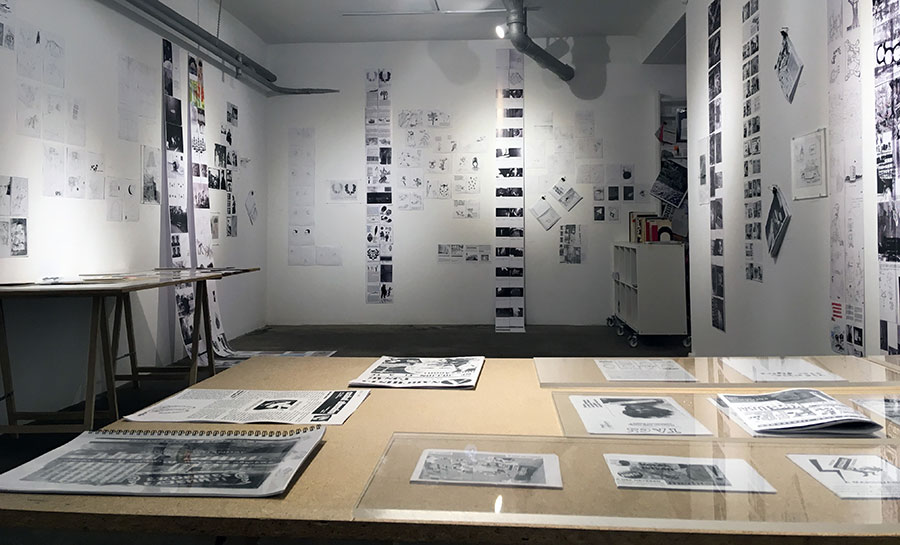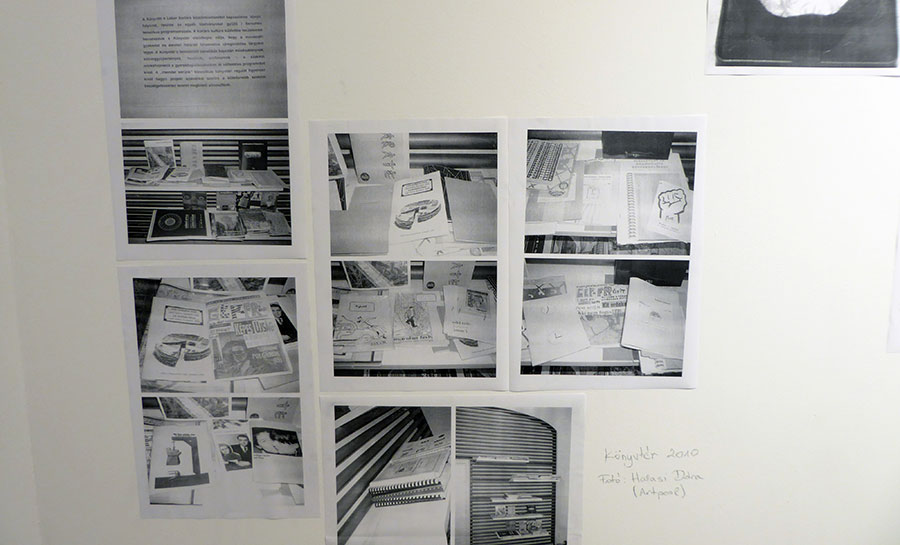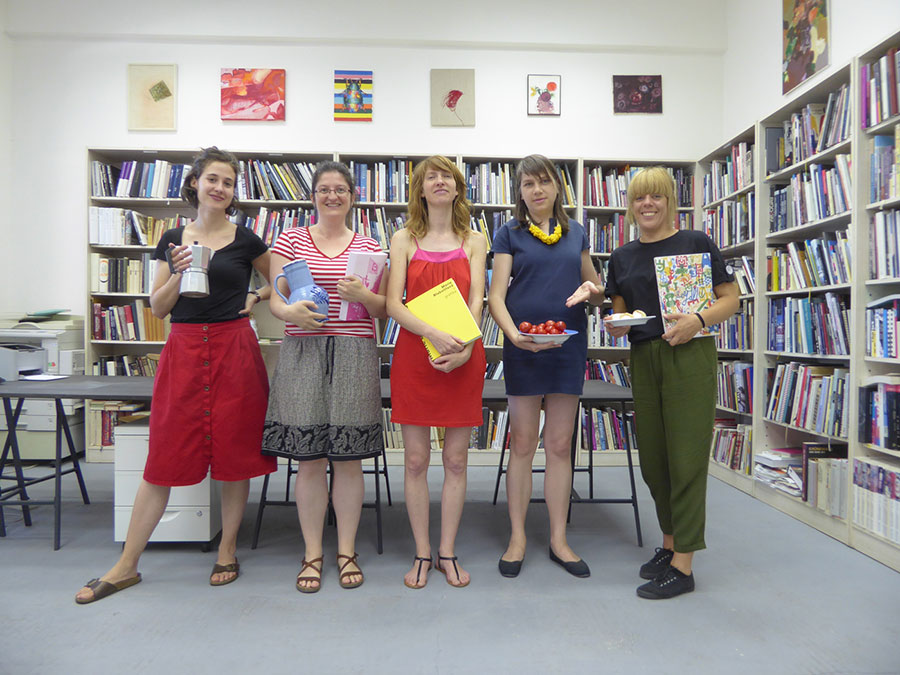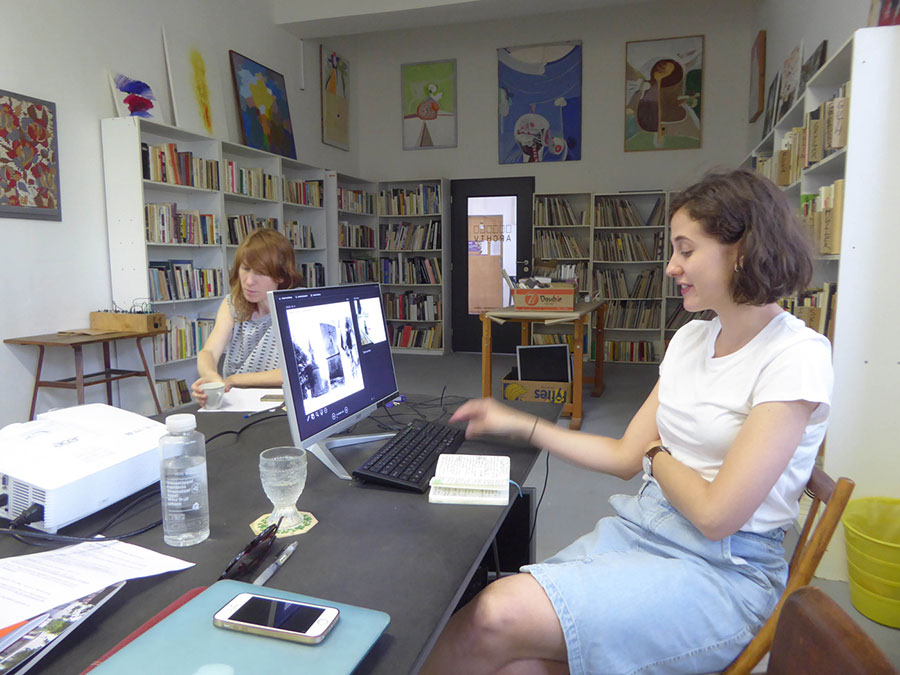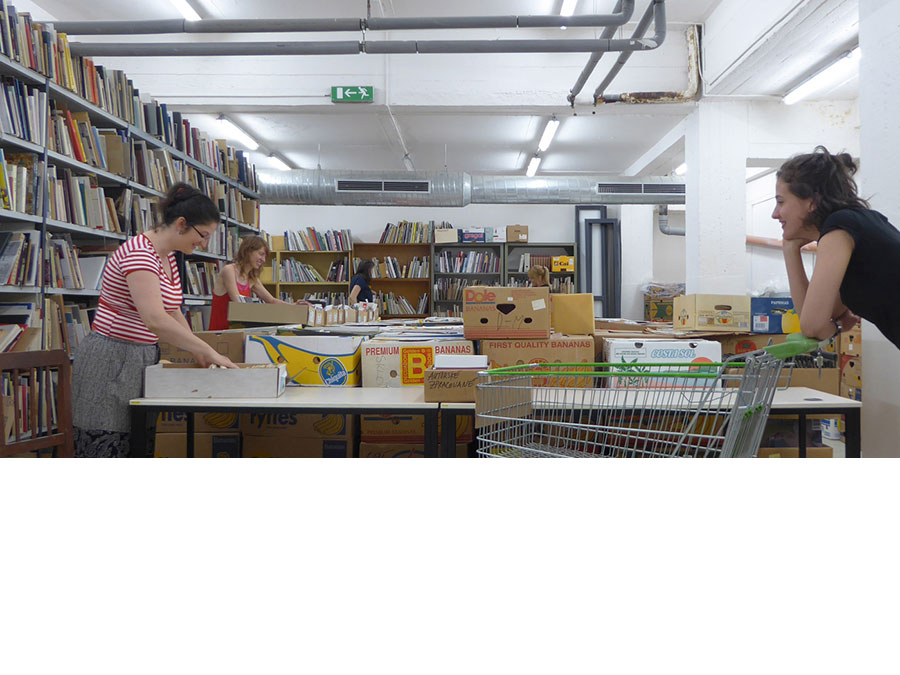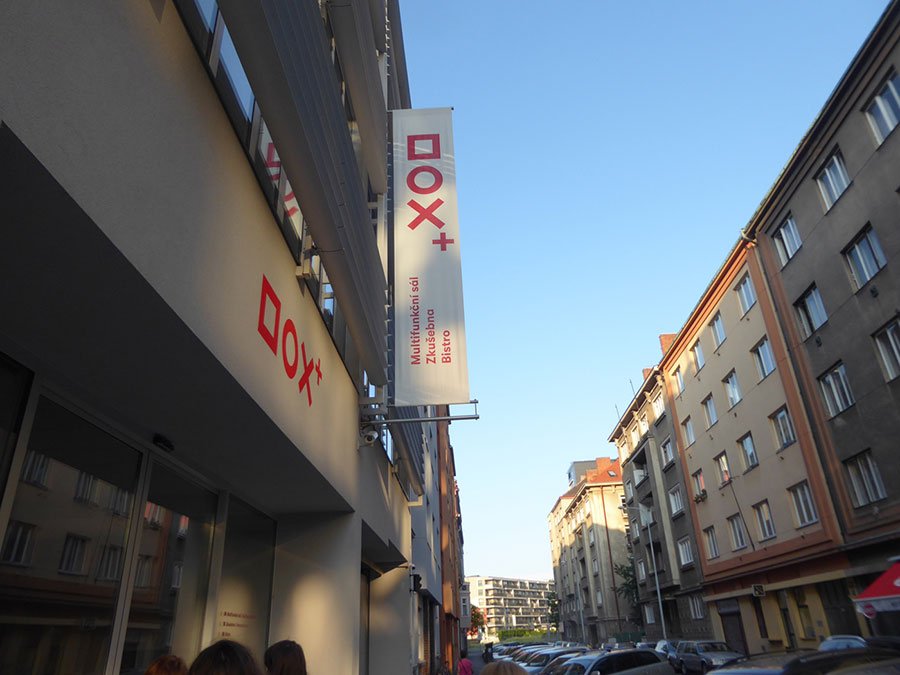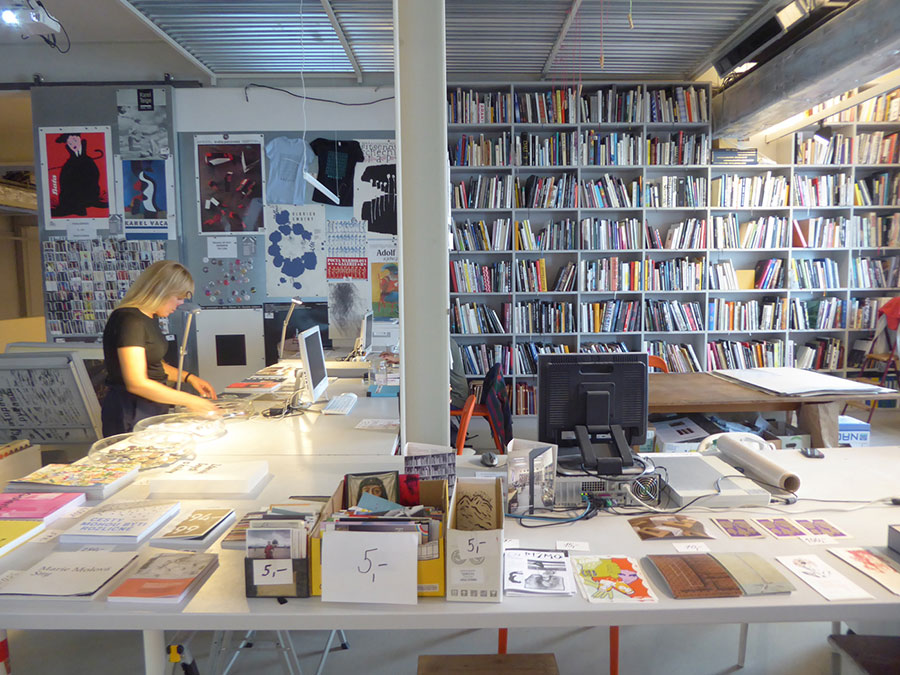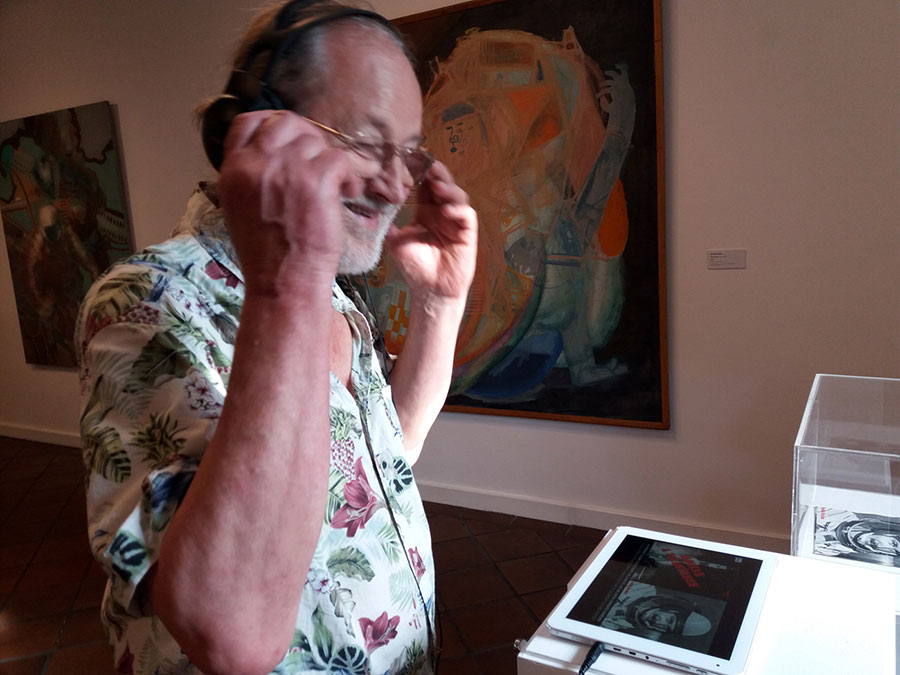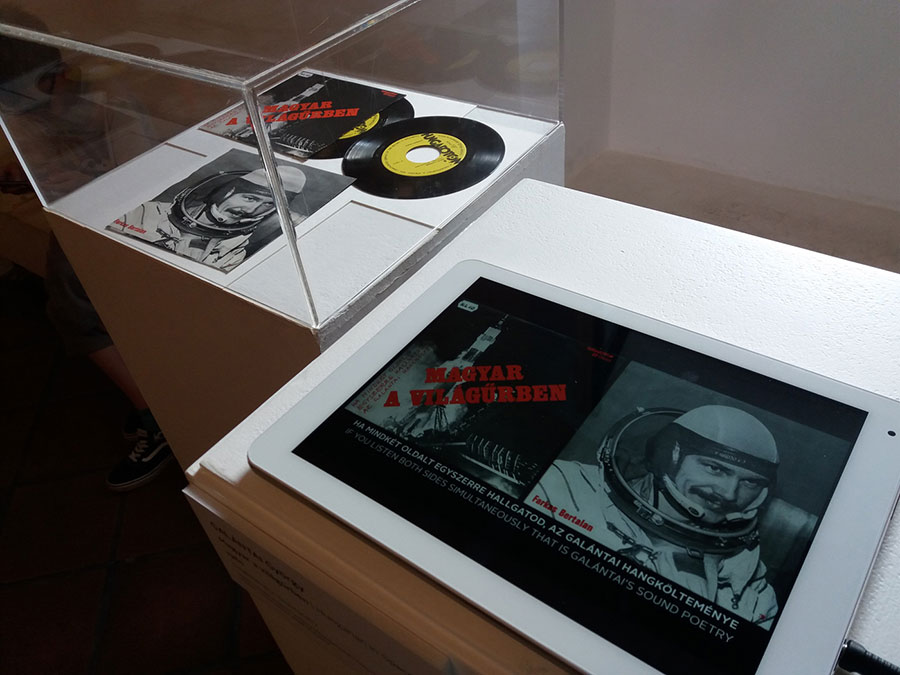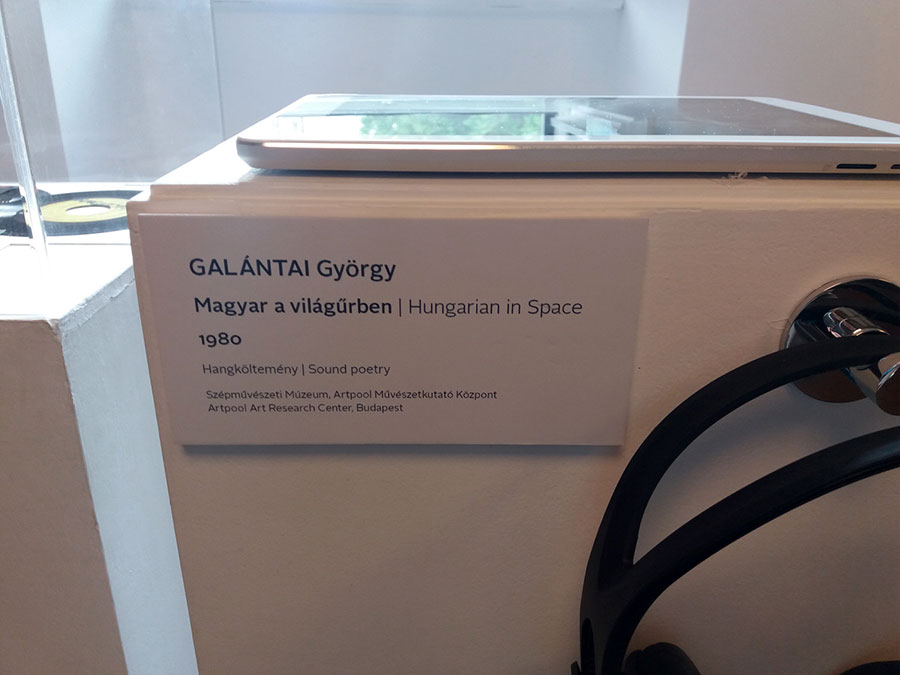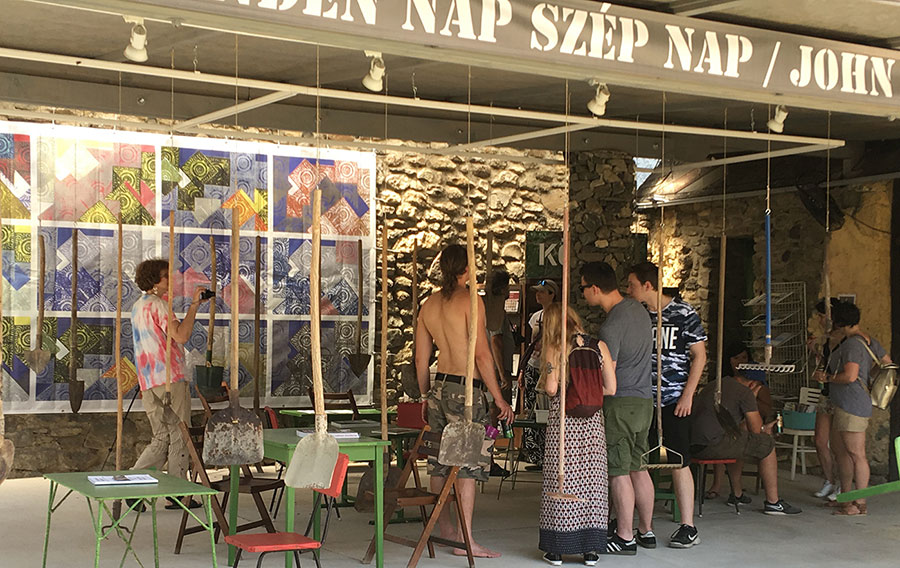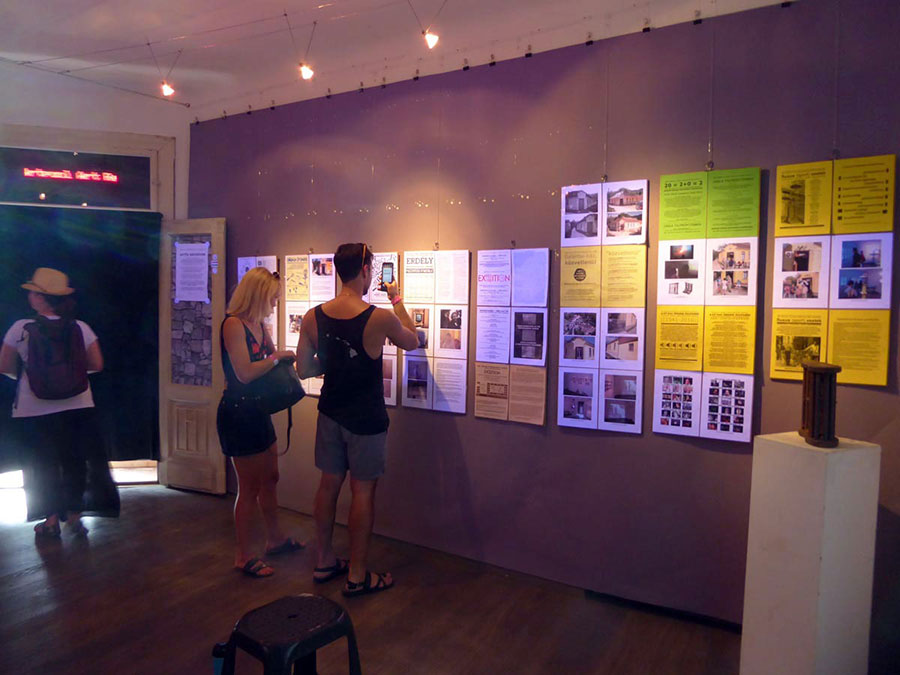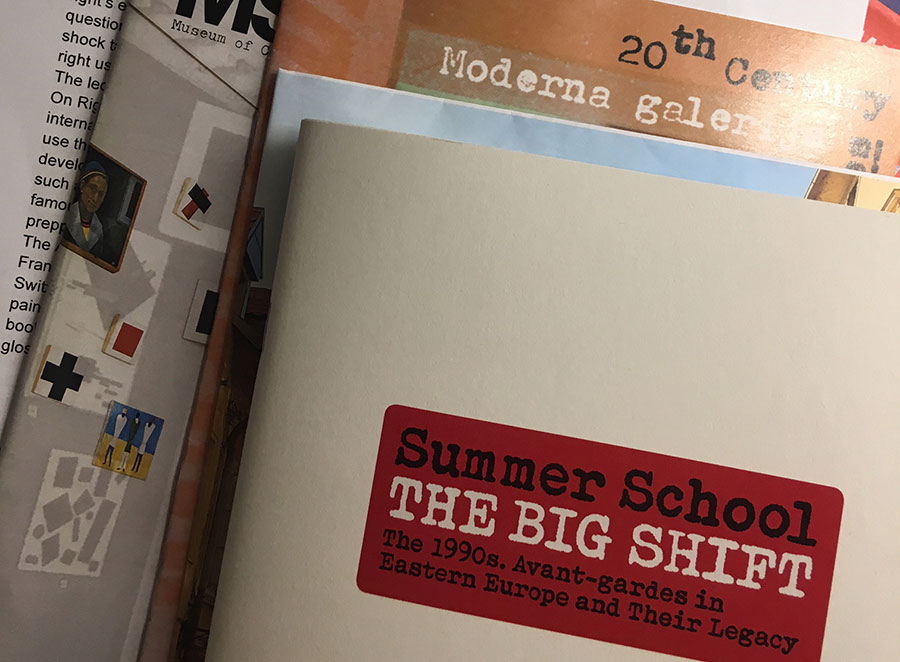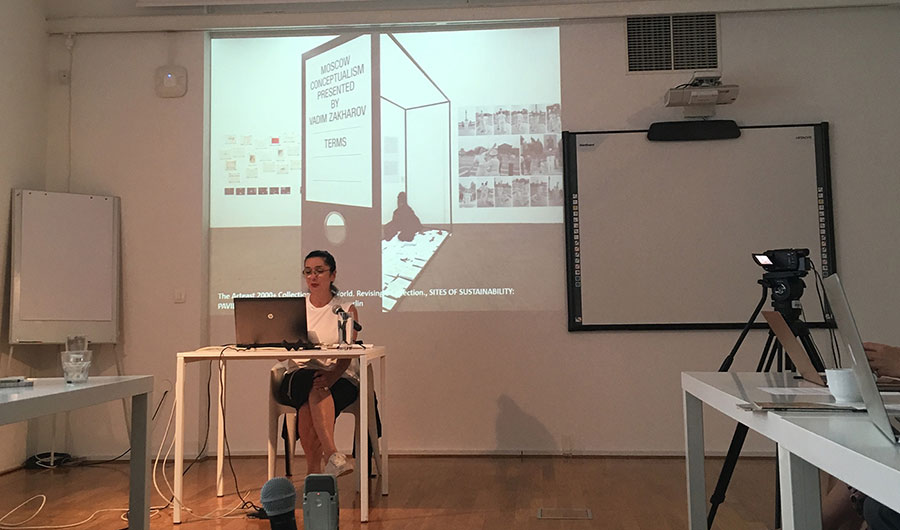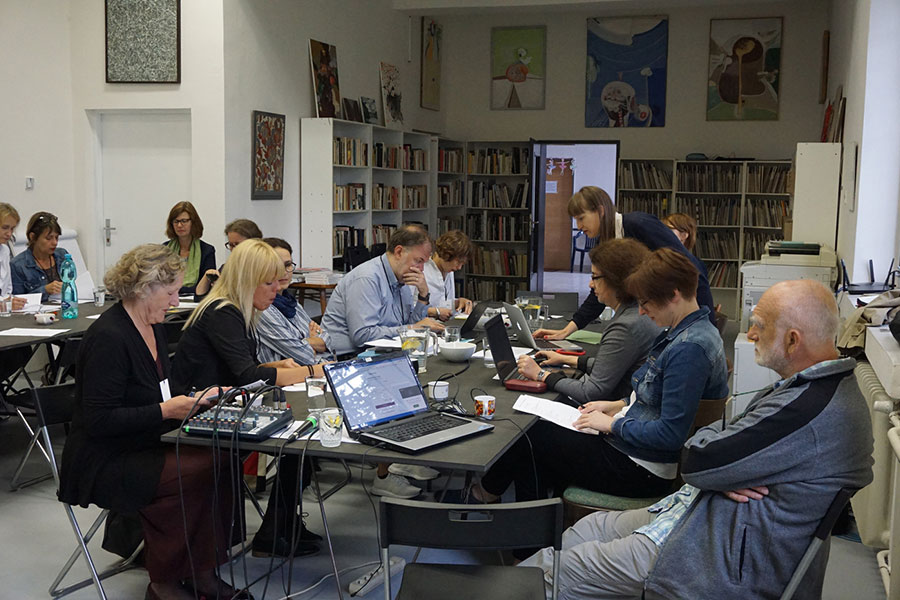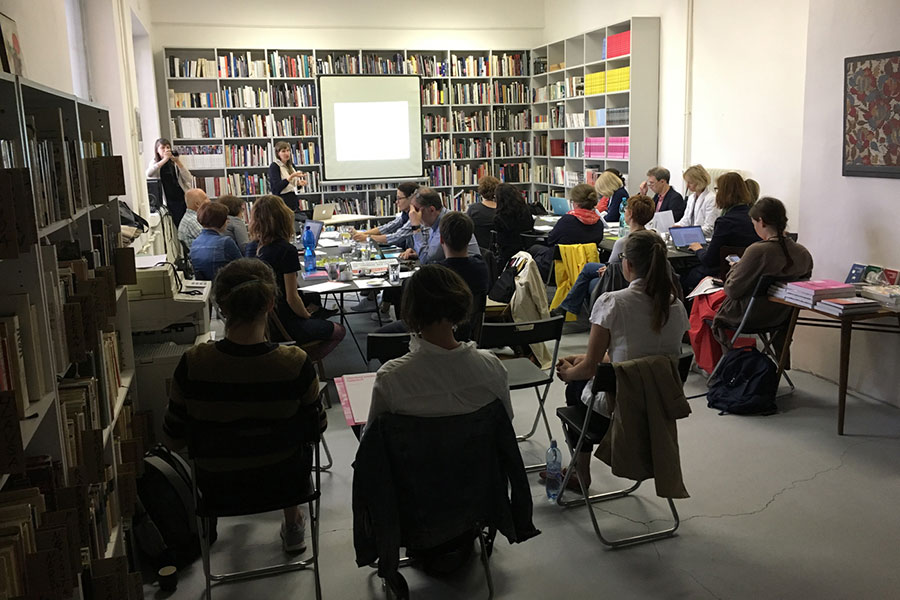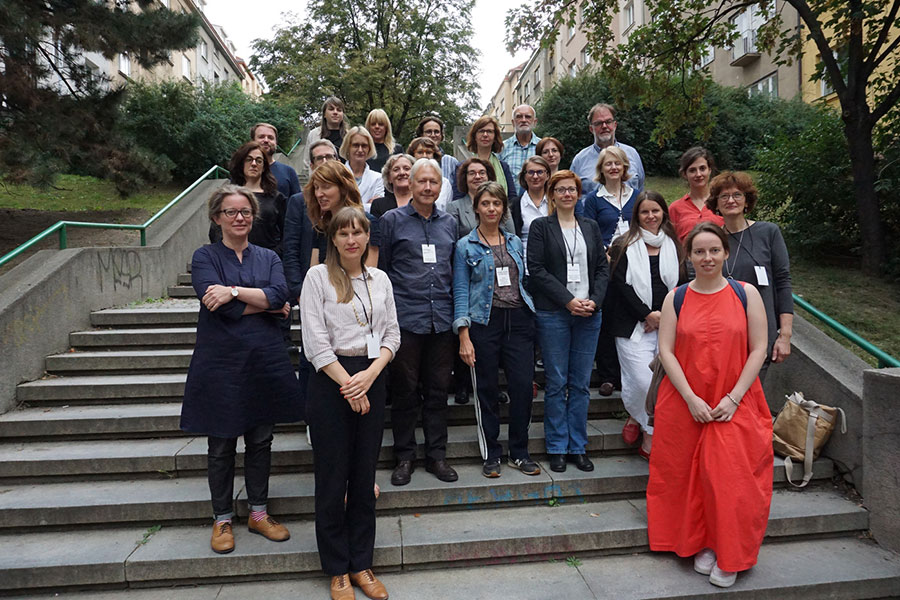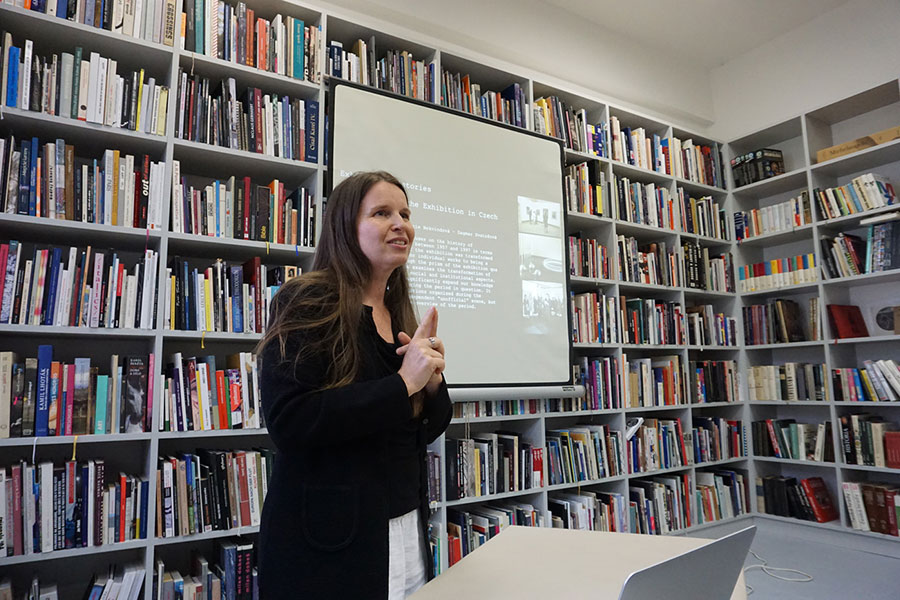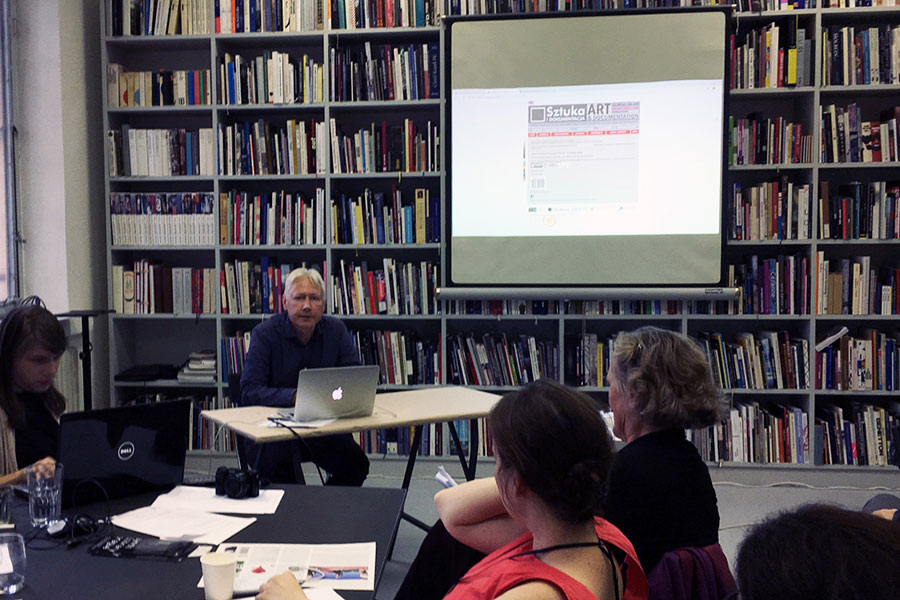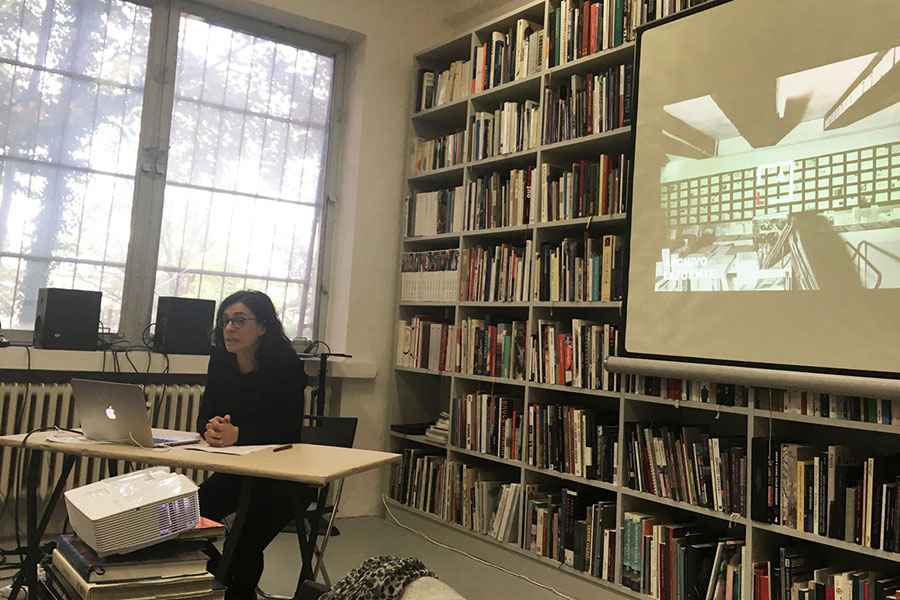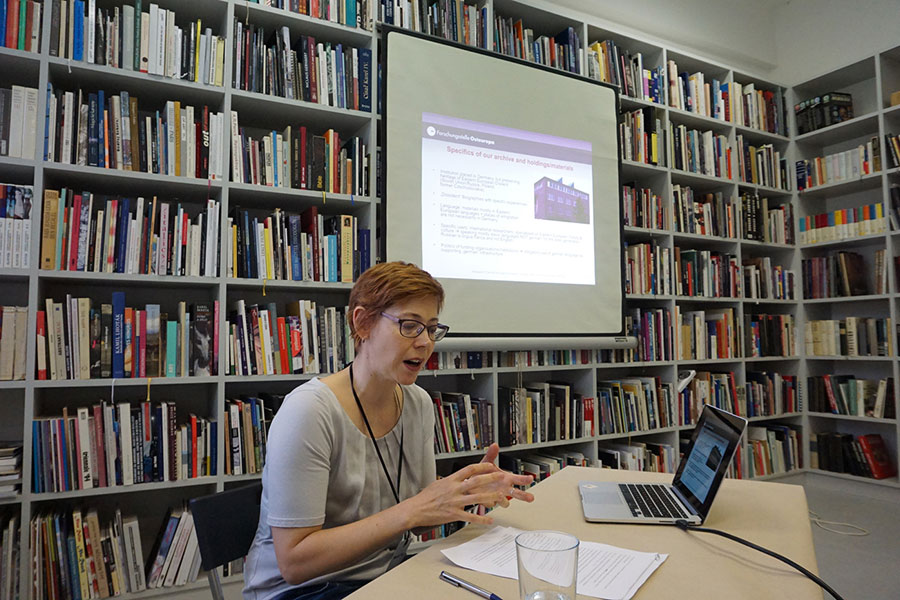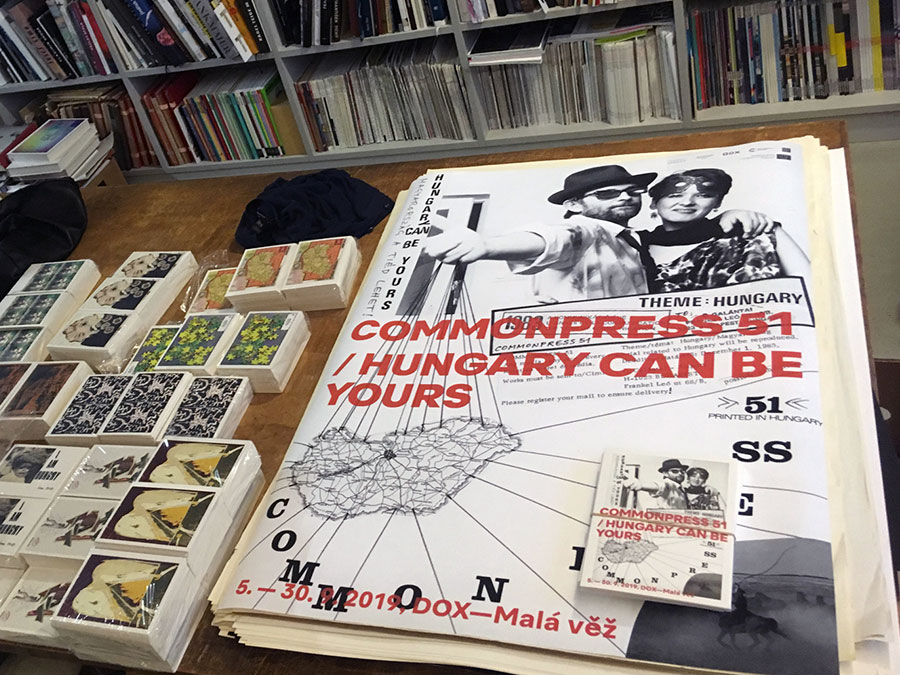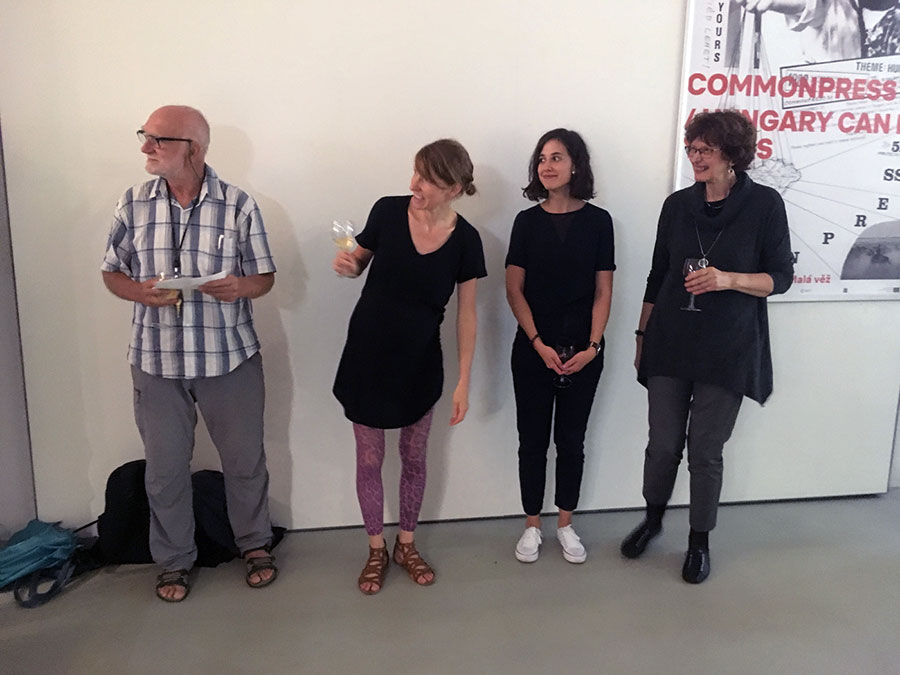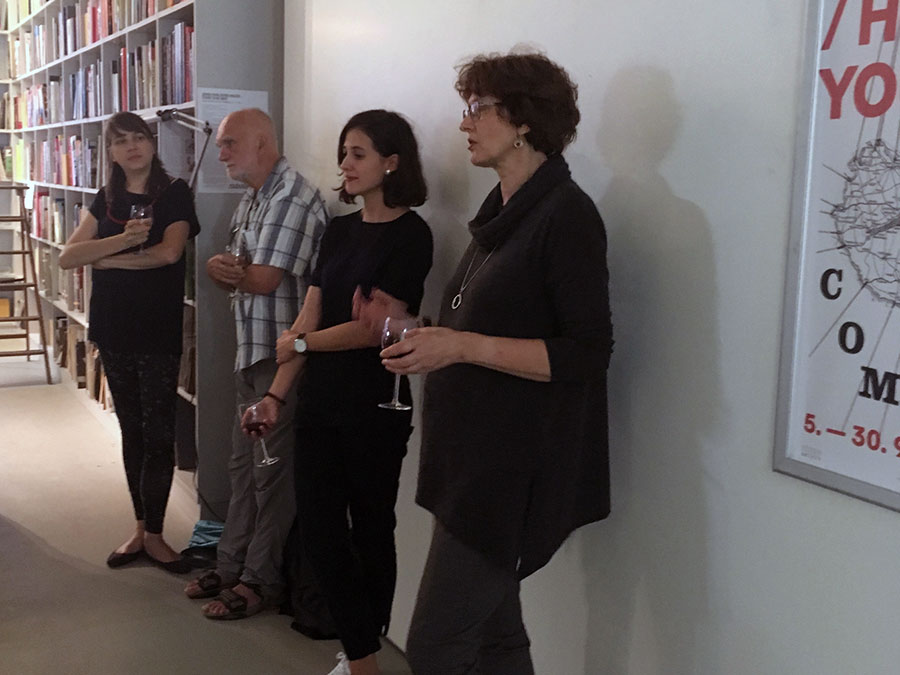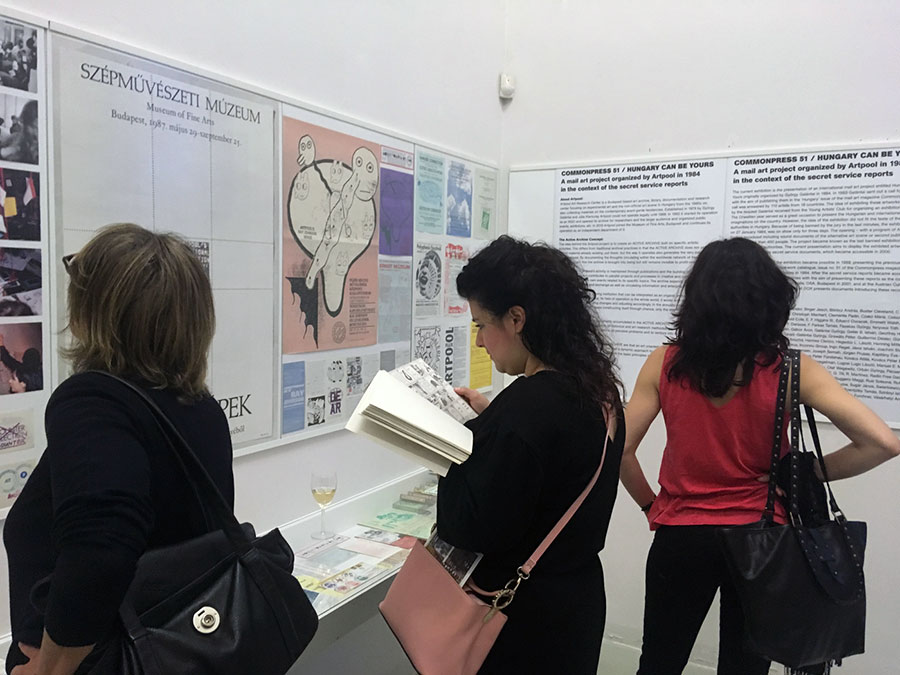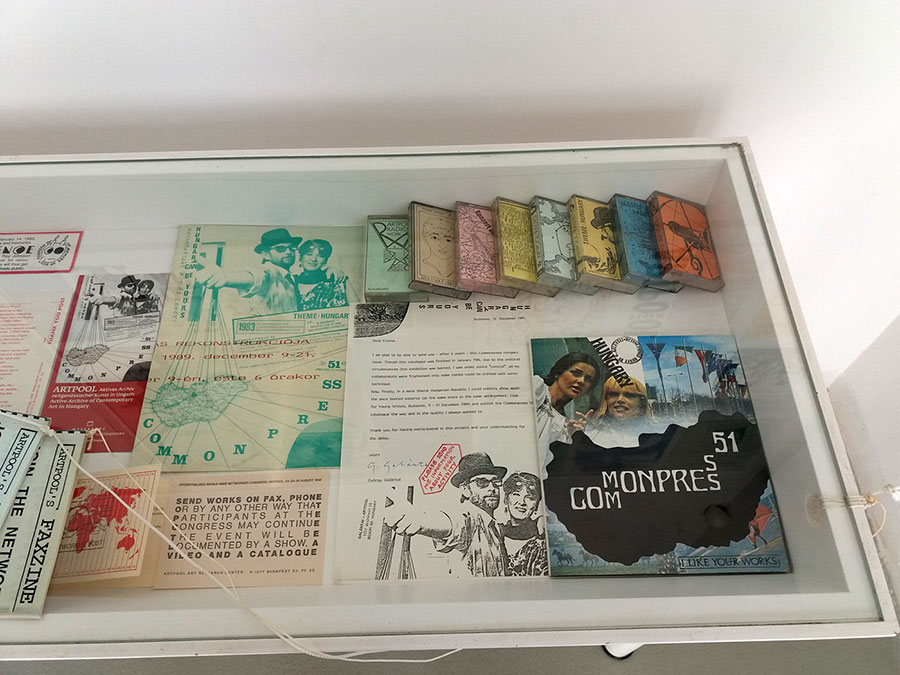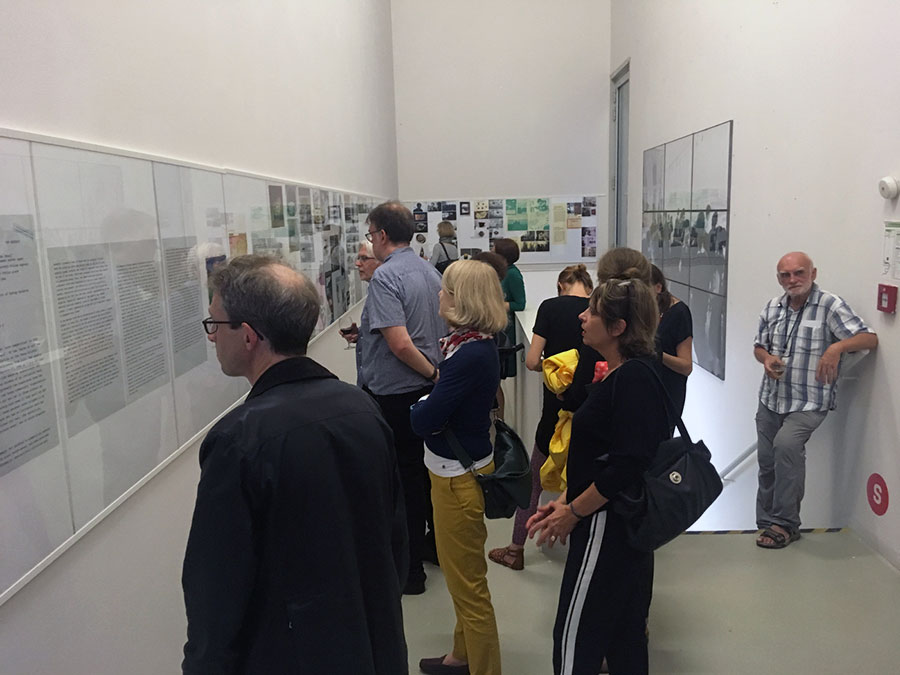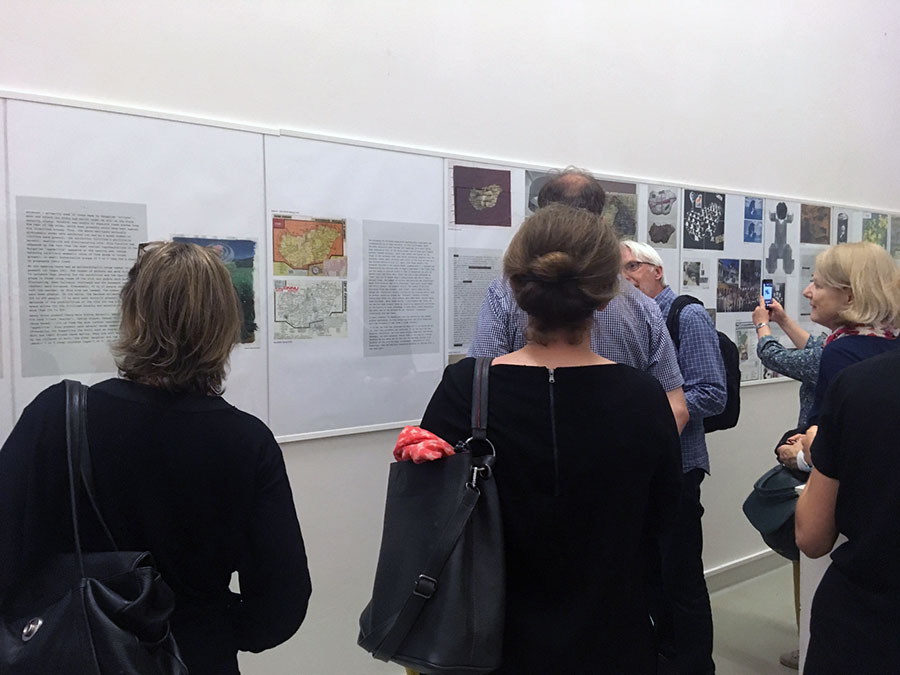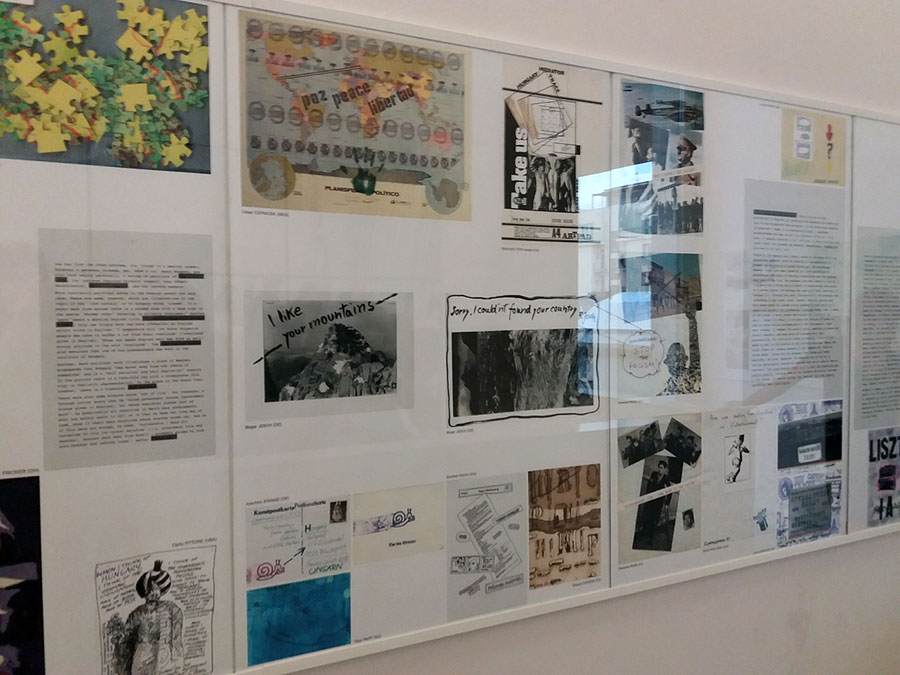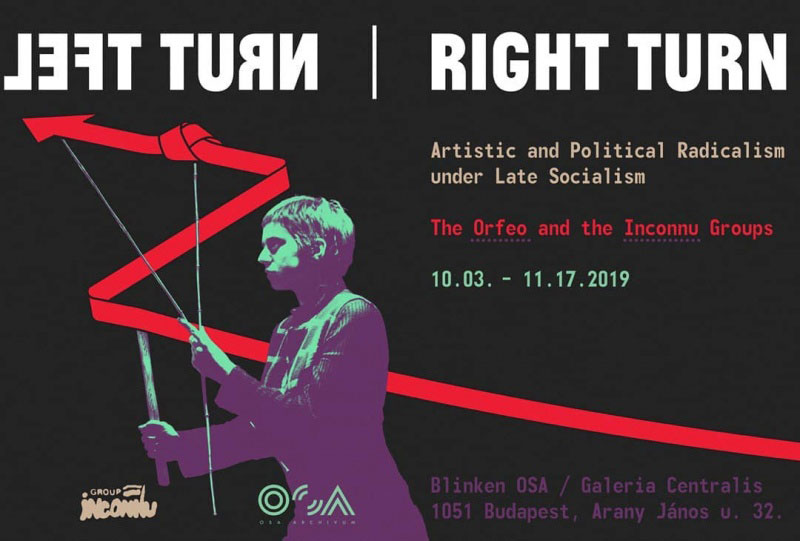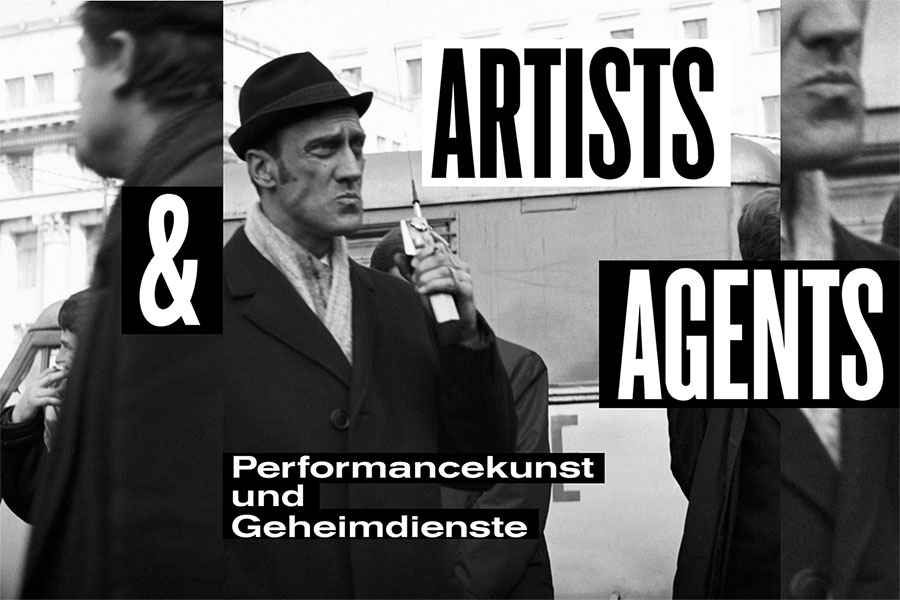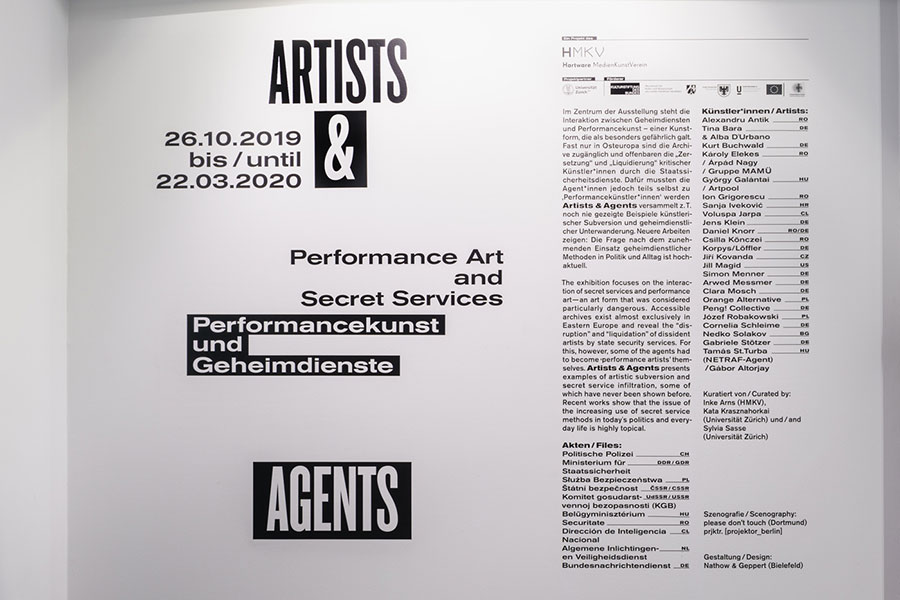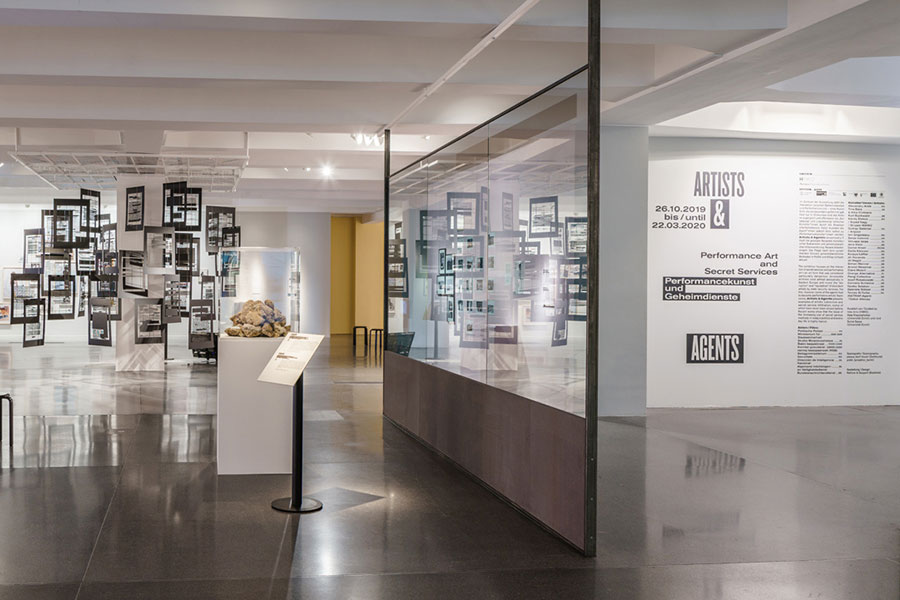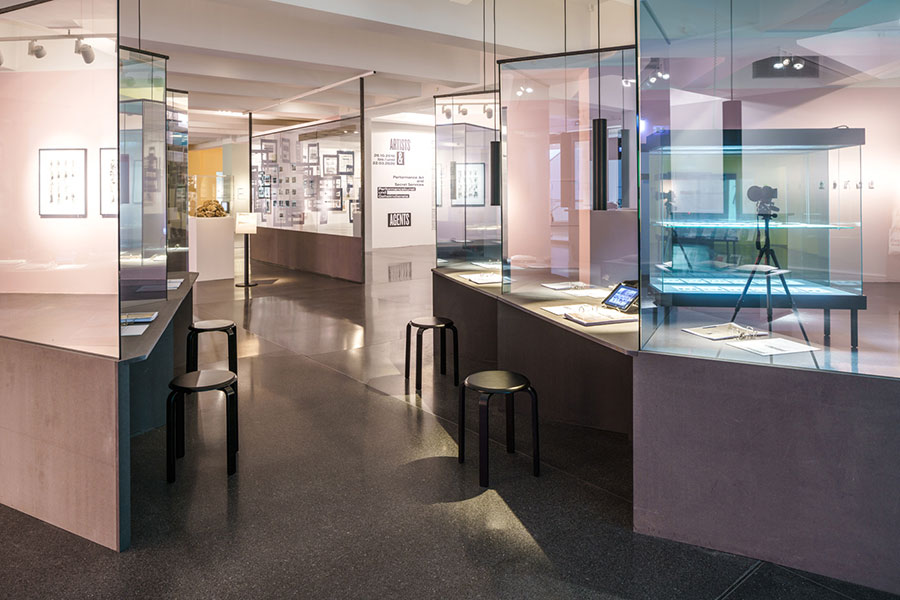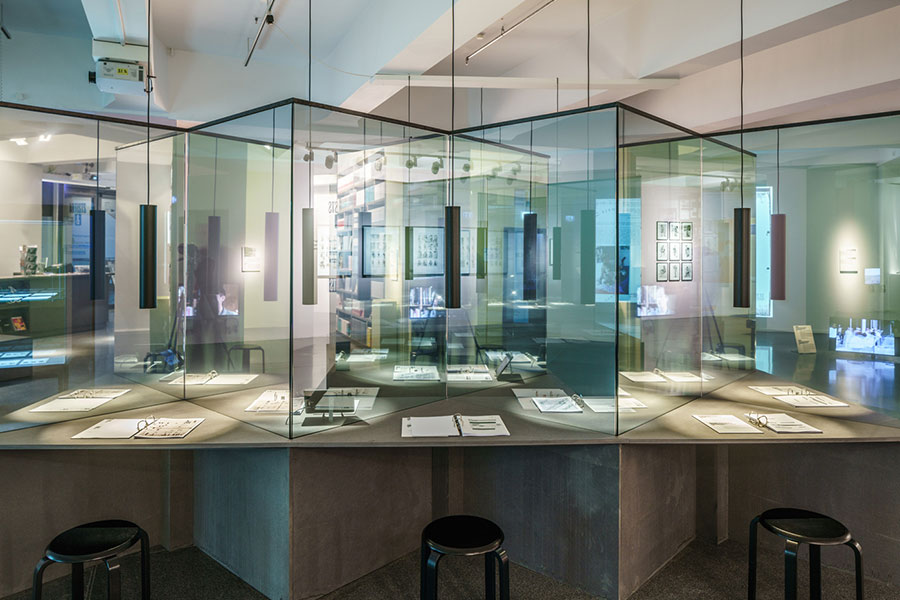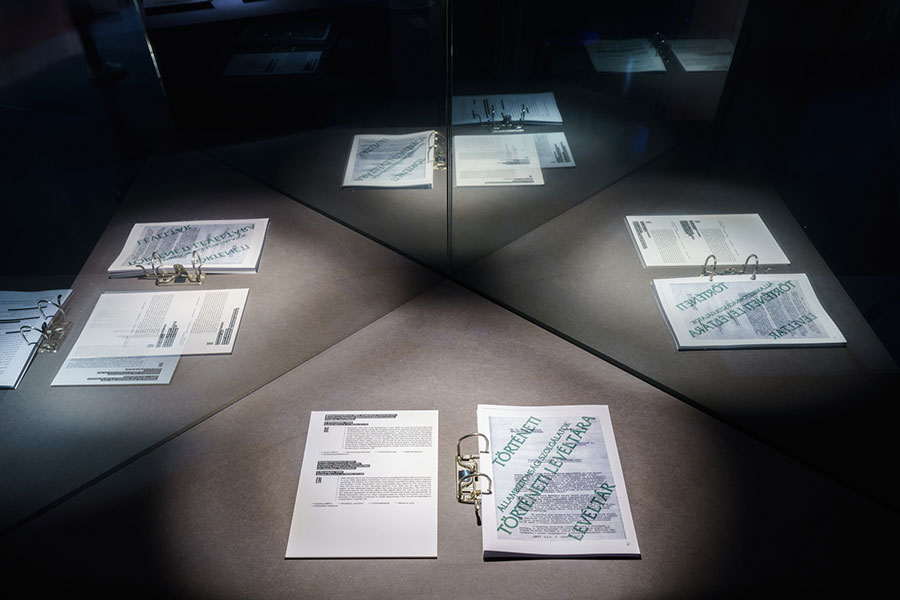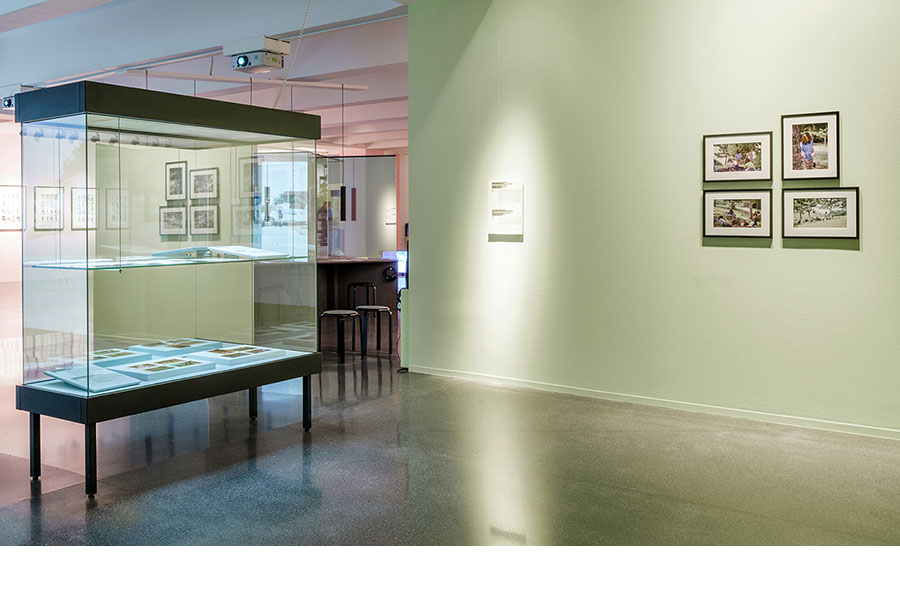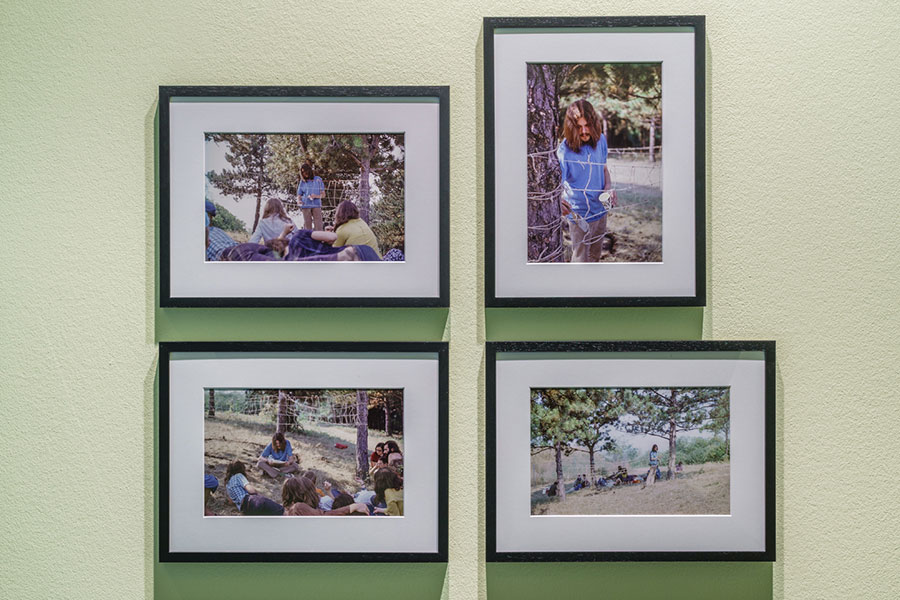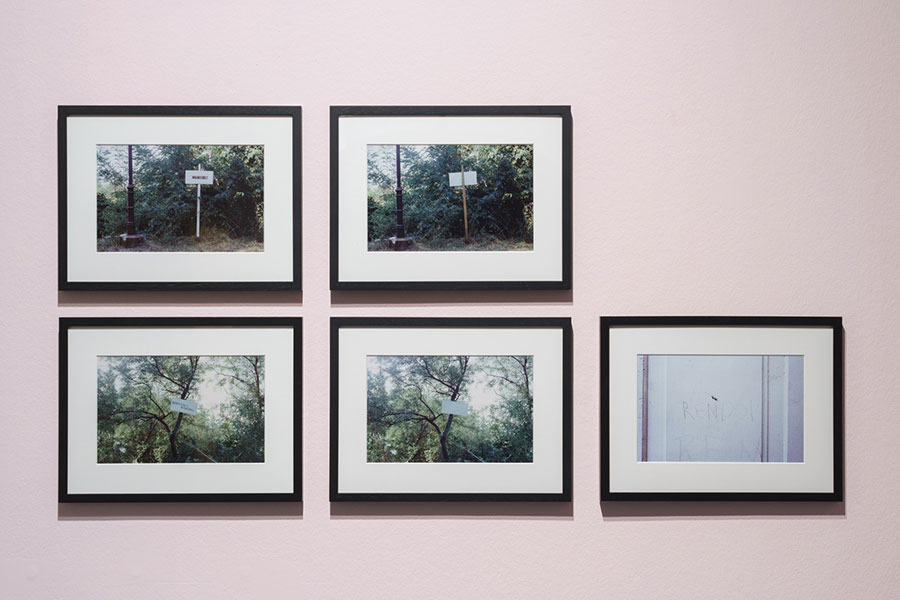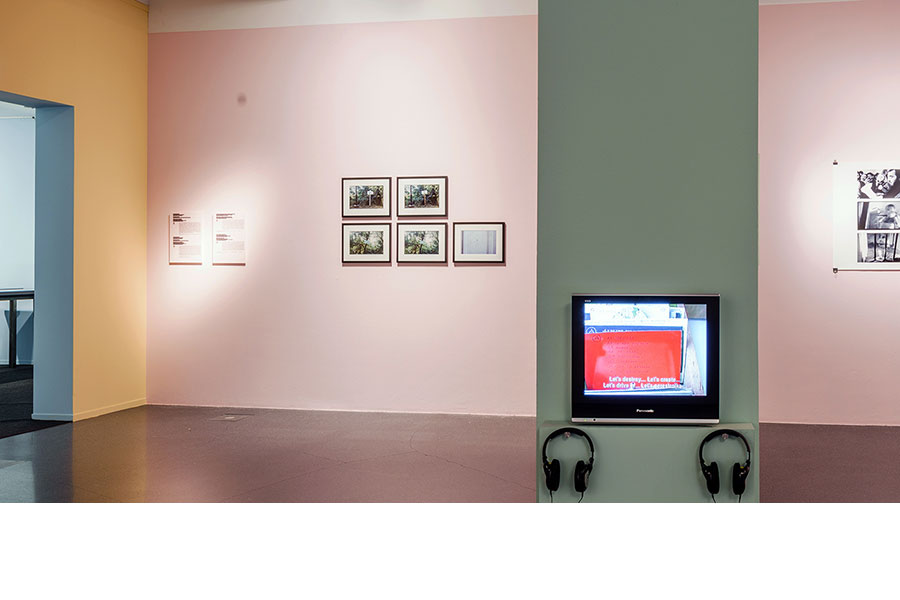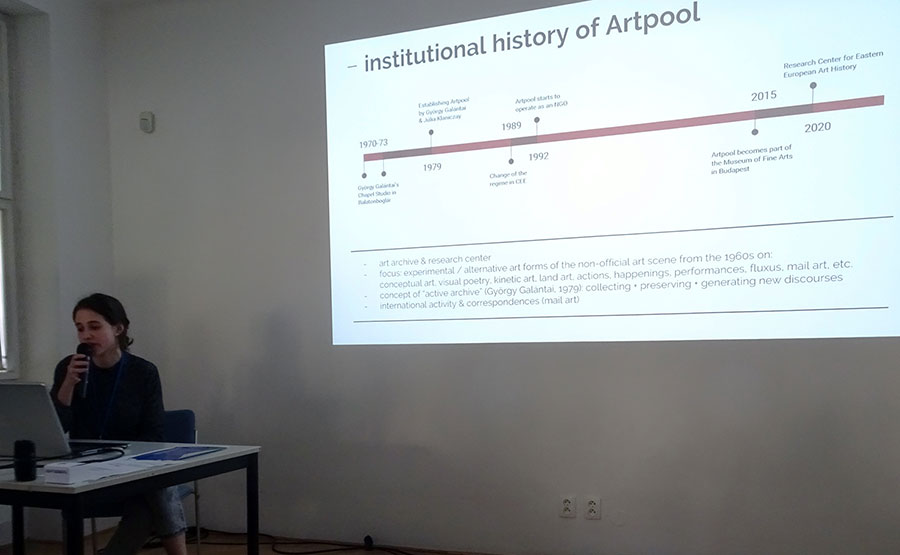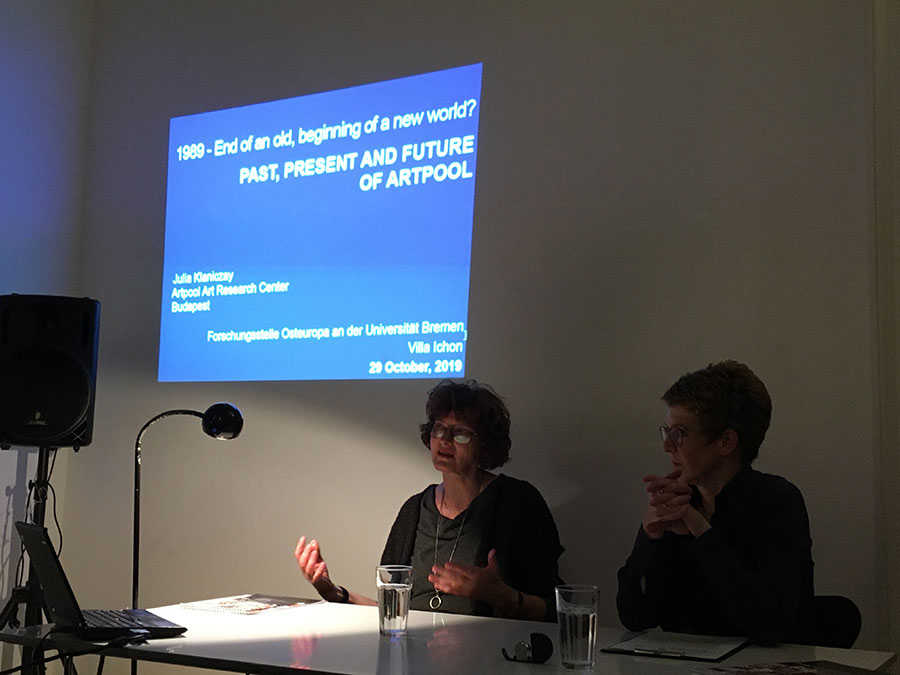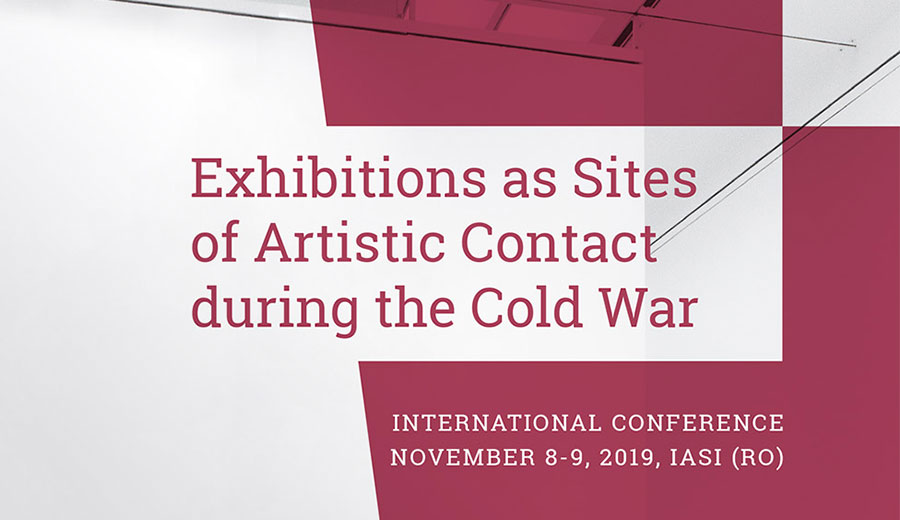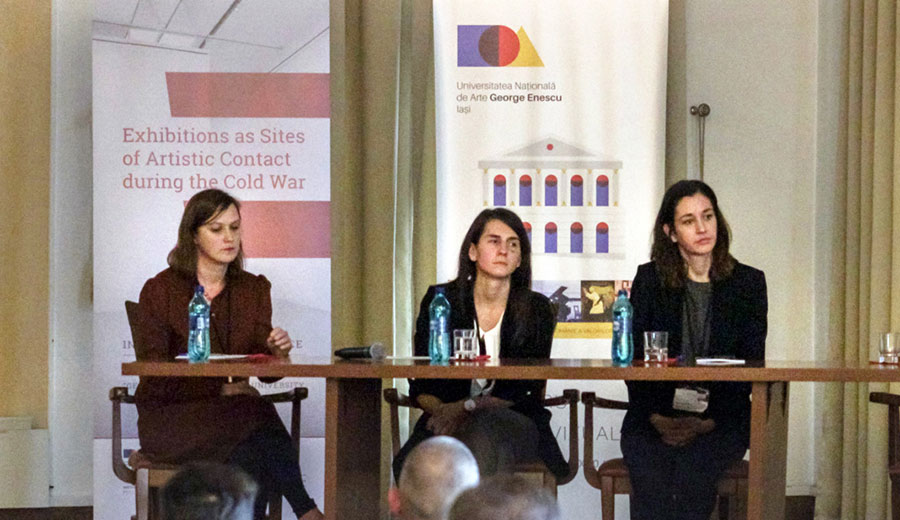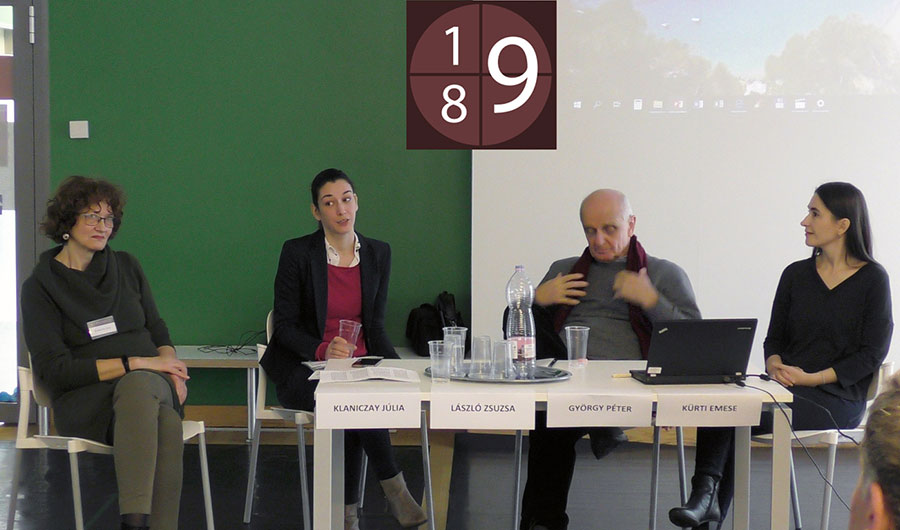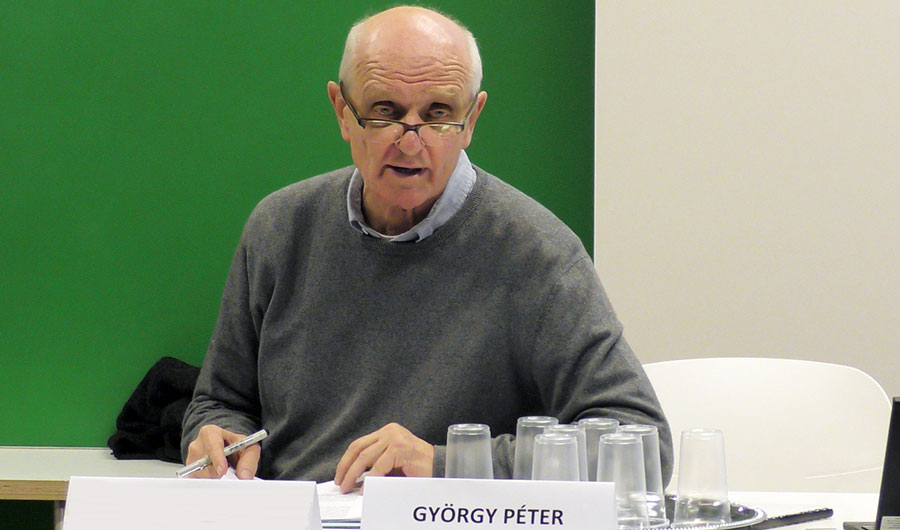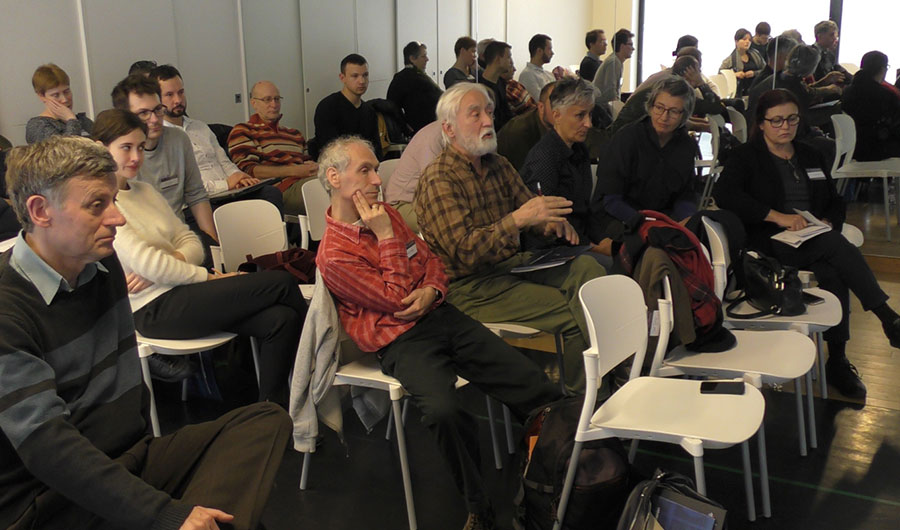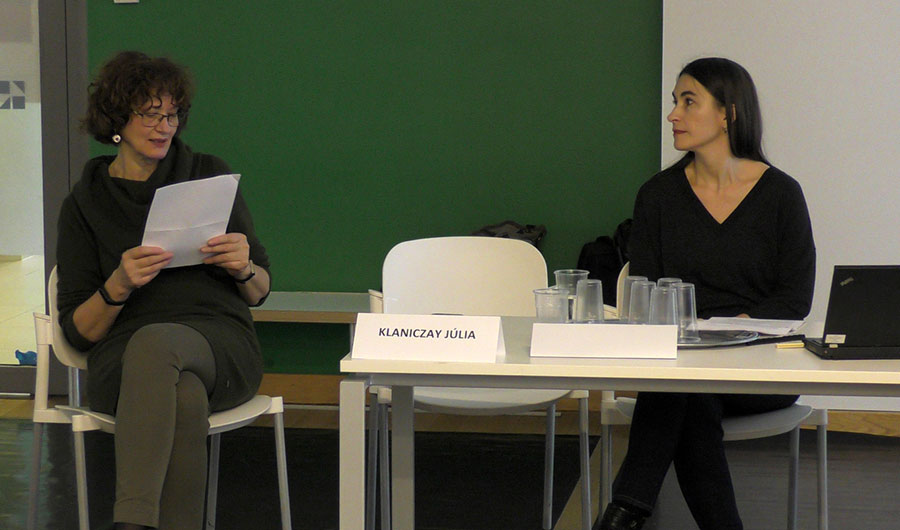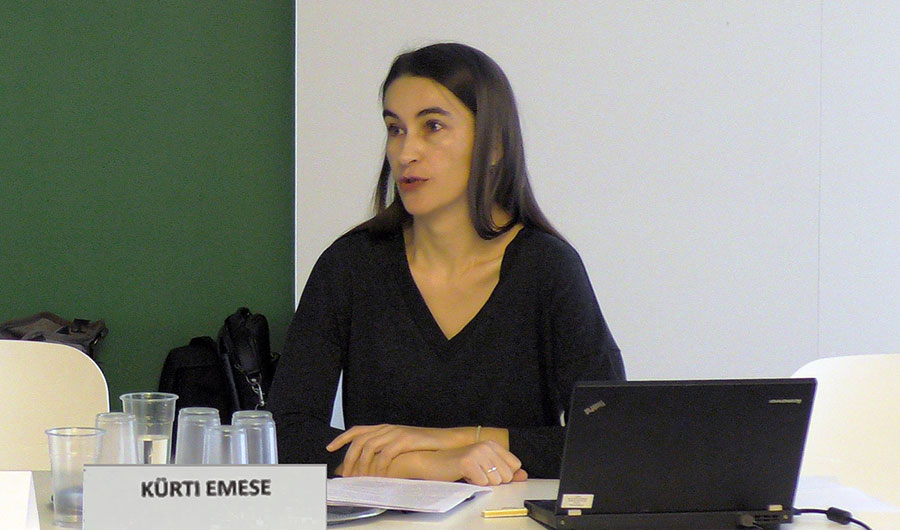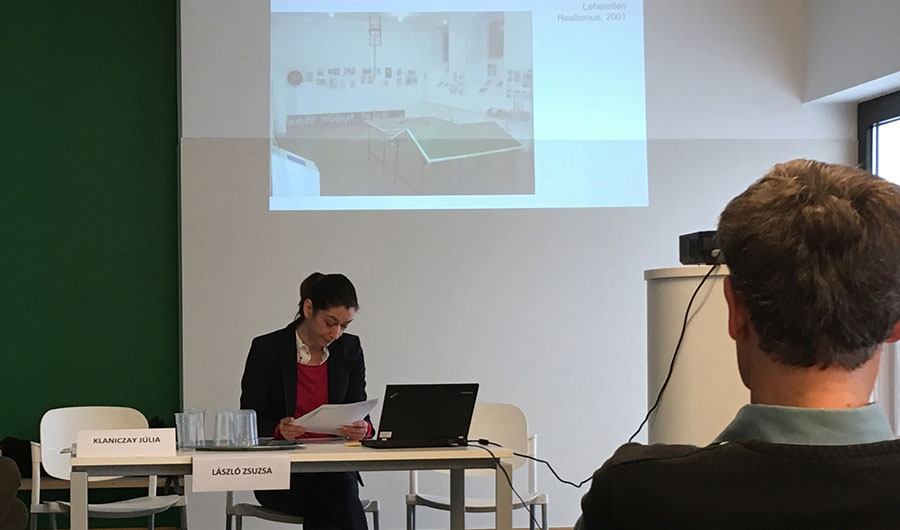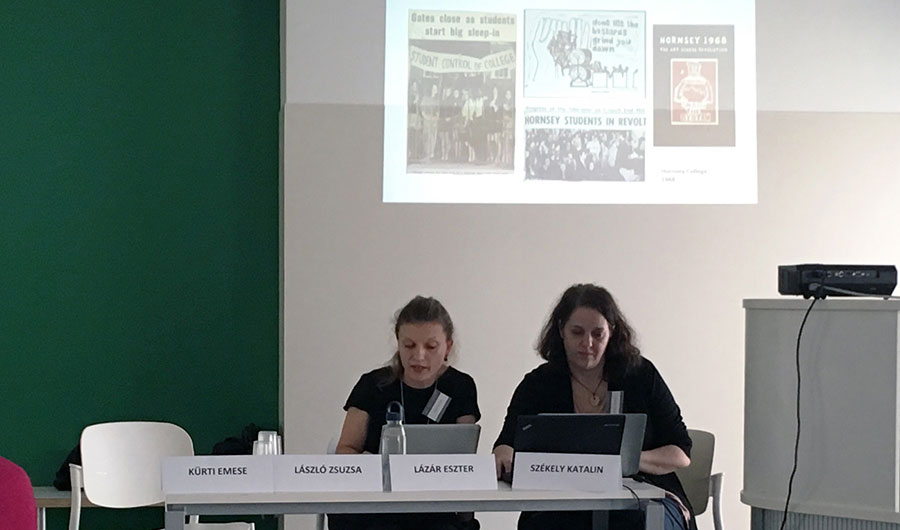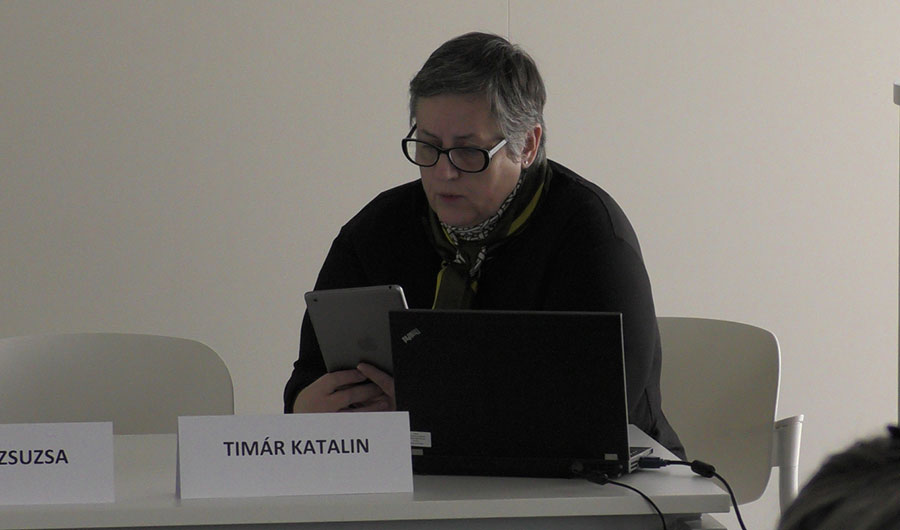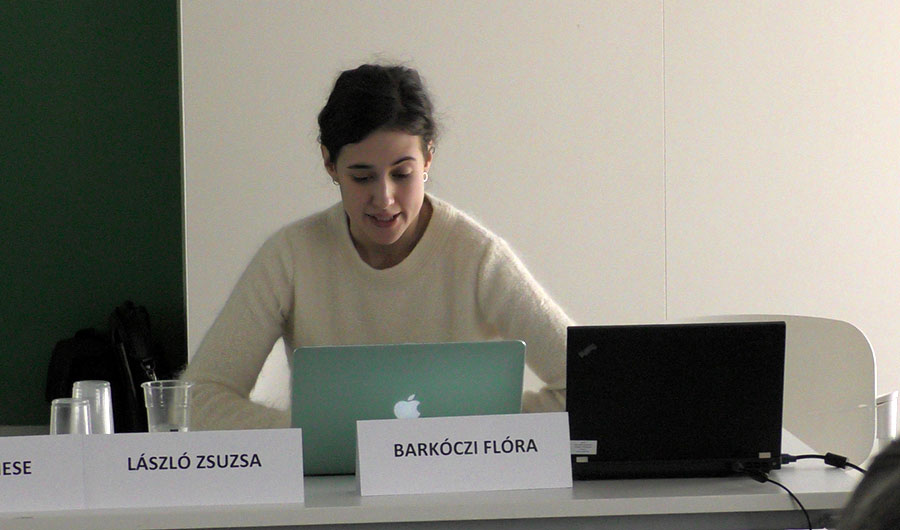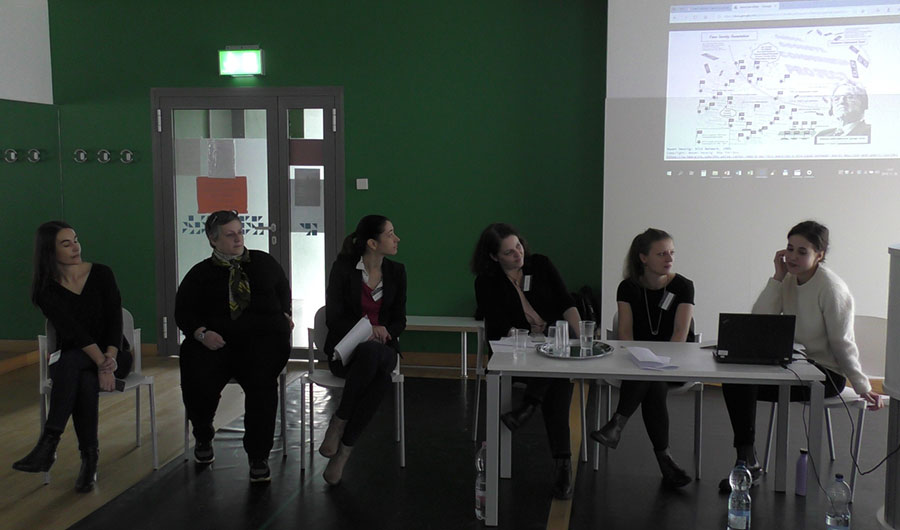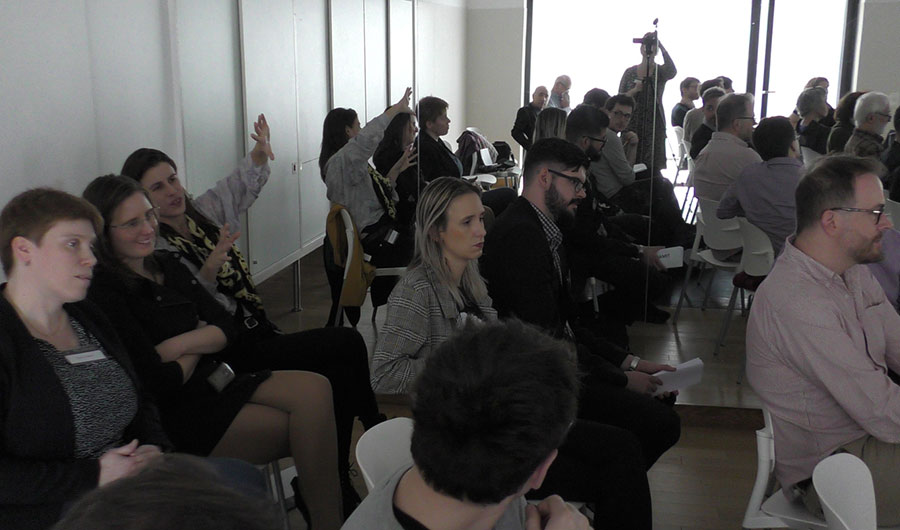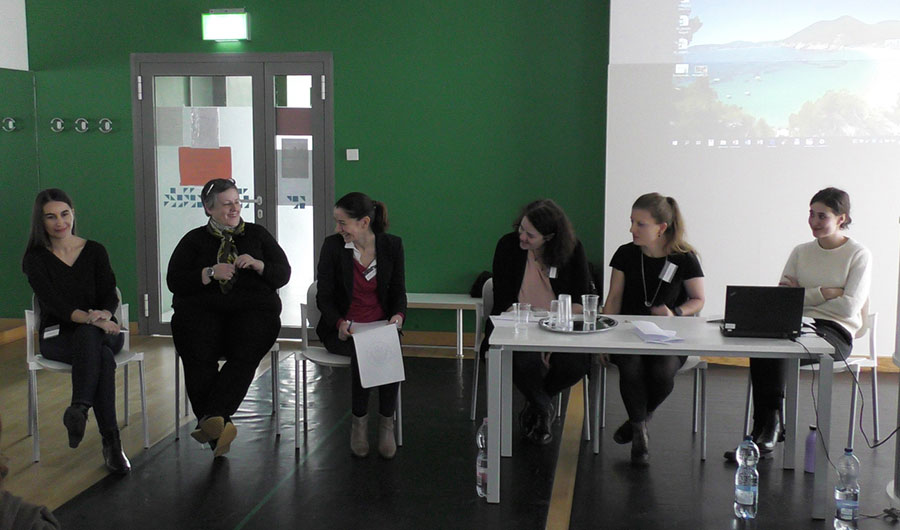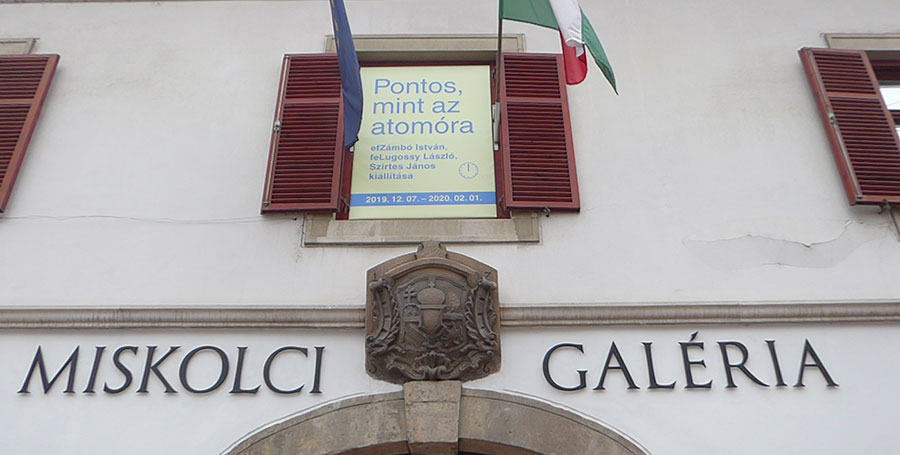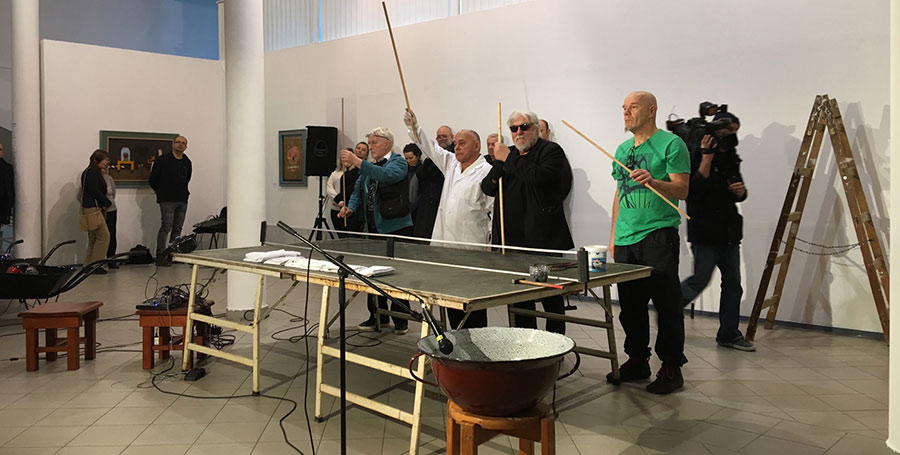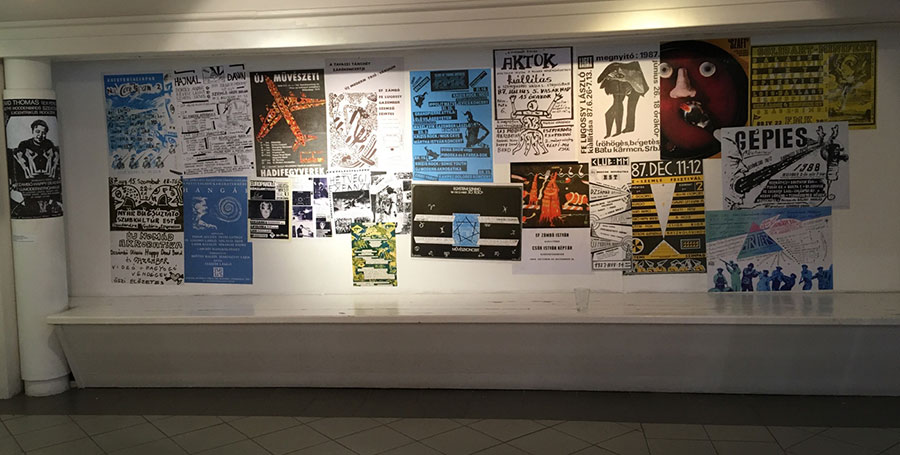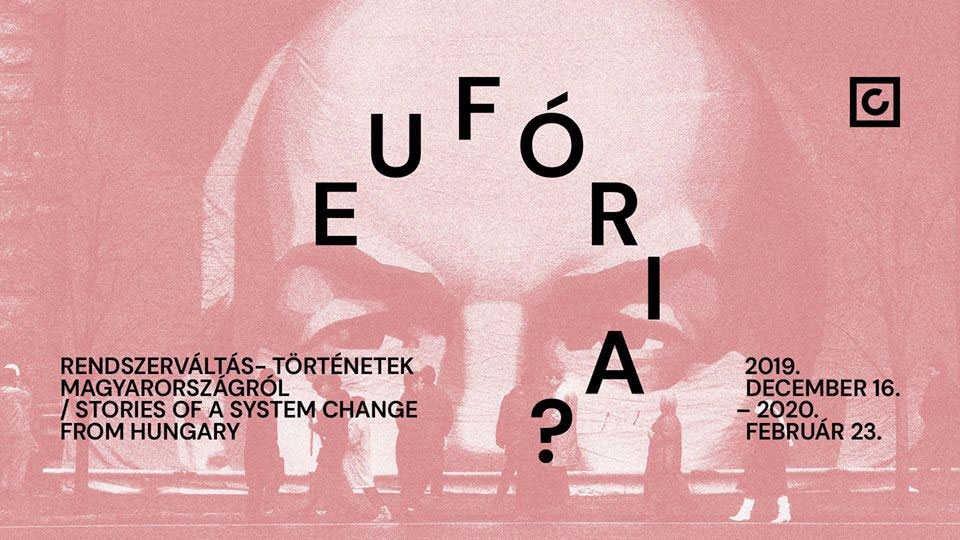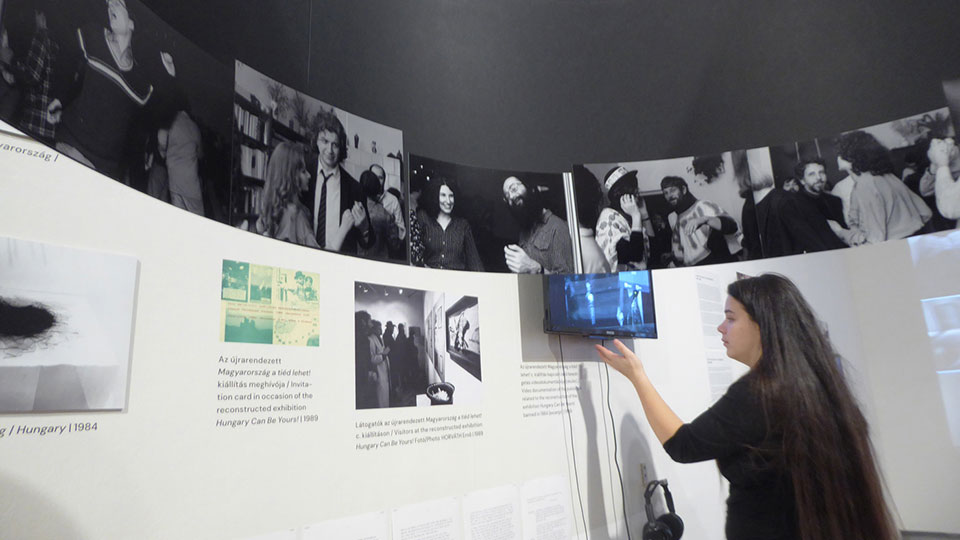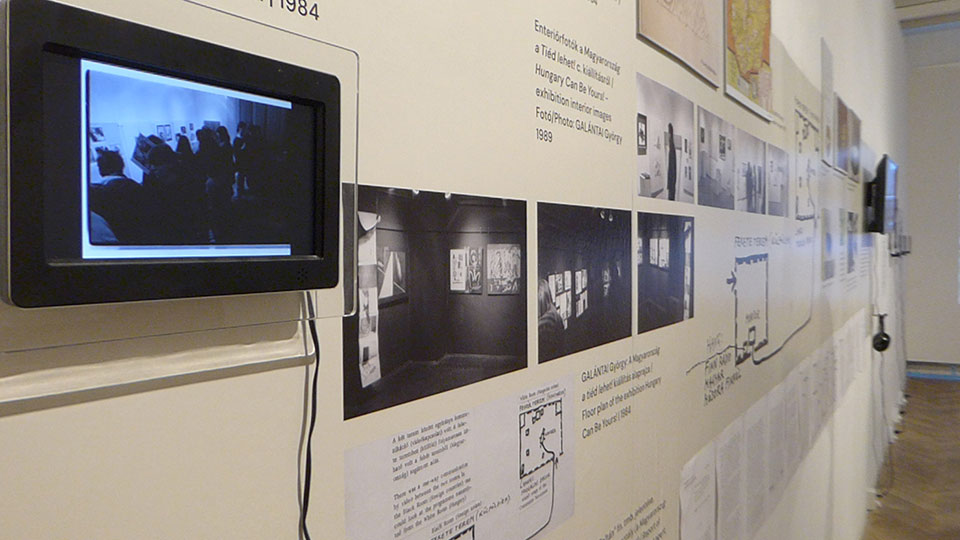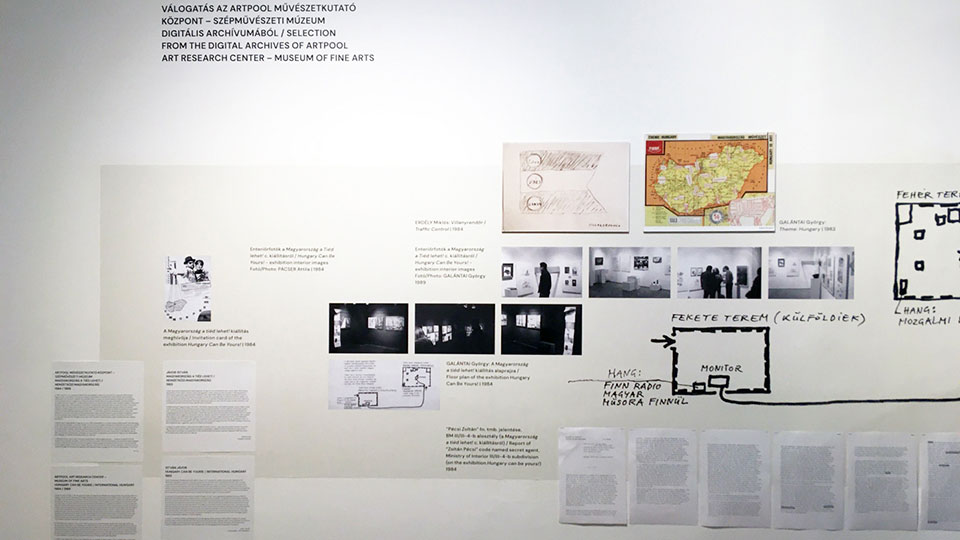Annual meeting of Erasmus+ and European Art Net
Erasmus+: This time the annual working meeting of the Art Archives Exchange – Educational Strategies for Contemporary Art Archives Erasmus+ project, which has been held since 2018 with the participation of Artpool and four other art archives (basis wien, Vienna; MNAC, Bucharest; Fine Art Archive, Prague; MG+ Archiv, Ljubljana), was hosted by the Fine Art Archive in Prague. In addition to becoming familiar with the host archive, the purpose of the annual meeting is to summarise the results and mobility programmes realised so far, and to discuss the various strategies of the work processes in the archives. At the same time, special attention was devoted to discussing what kind of final product could be used to present the results of the two-year programme.
As far as Artpool is concerned, such a product could be the reading circle workshop on the theme of the ‘archive’ the preparations for which were made during the meeting organised at Artpool in February 2019, or the exhibition held at the DOX Centre for Contemporary Art during this meeting in Prague with its theme being Artpool’s project of 1984 titled Hungary Can Be Yours!.
Participants of the erasmus+ and EAN meetings
Given that the coordinator of both the Erasmus+ and the EAN projects is basis wien and there is an overlap between the participating institutions, the annual meetings in 2019, similarly to 2018, took place consecutively and were connected, increasing the opportunity to build professional relationships. The two-day EAN meeting, which followed the Erasmus+ meeting and which Artpool has been invited to for three years, was attended by the representatives of institutions such as ZADIK, Cologne; basis wien, Vienna; Institute for Modern Art, Nuremberg; kunstbulletin / artlog, Zurich; SIK-ISEA Zurich; documenta Archiv, Kassel; Moderna Galerija, Ljubljana; MNAC National Museum of Contemporary Art, Bucharest; Zentrum für Künstlerpublikationen in der Weserburg, Bremen; and Kunst- und Museumsbibliothek, Cologne.
The main purpose of EAN is to coordinate and connect European art archive databases, which Artpool should also eventually join in the longer term. The European art institutions participating in the project maintain a constantly expanding common database.
In the photos: Pavlína Morganová, Lukasz Guzek, Henar Rivière, Manuela Putz
Speakers who were invited to this year’s meeting and presented their collections included: Pavlína Morganová (Academic Research Centre of the Academy of Fine Arts, VVP AVU, Prague), Lukasz Guzek (Academy of Fine Arts in Gdansk), Henar Rivière (Archivio Lafuente, Santander); Manuela Putz (Research Centre for East European Studies, University of Bremen).
At the meetings in Prague Artpool was represented by Flóra Barkóczi and Júlia Klaniczay.
Photos: Artpool, basis wien, Fine Art Archive


